INSIGHTS & UPDATES
Latest Articles
Practical tips, success stories, and local updates from our team to help you get the most out of your home and property.
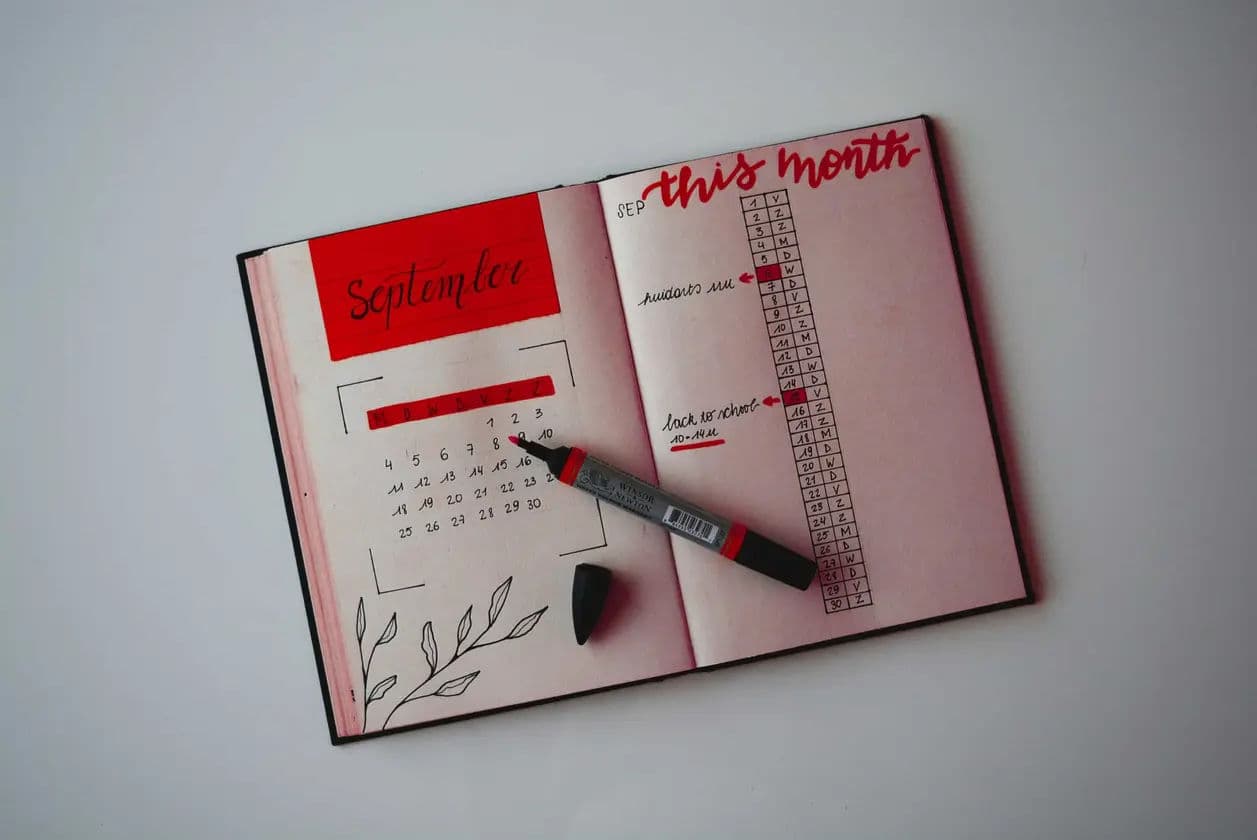
AC Maintenance Schedule: A Step-by-Step Checklist ✅
Keep your AC running smoothly with our maintenance schedule by Air Masters. Follow monthly, quarterly, and annual tasks to prevent breakdowns and enhance efficiency.
Read More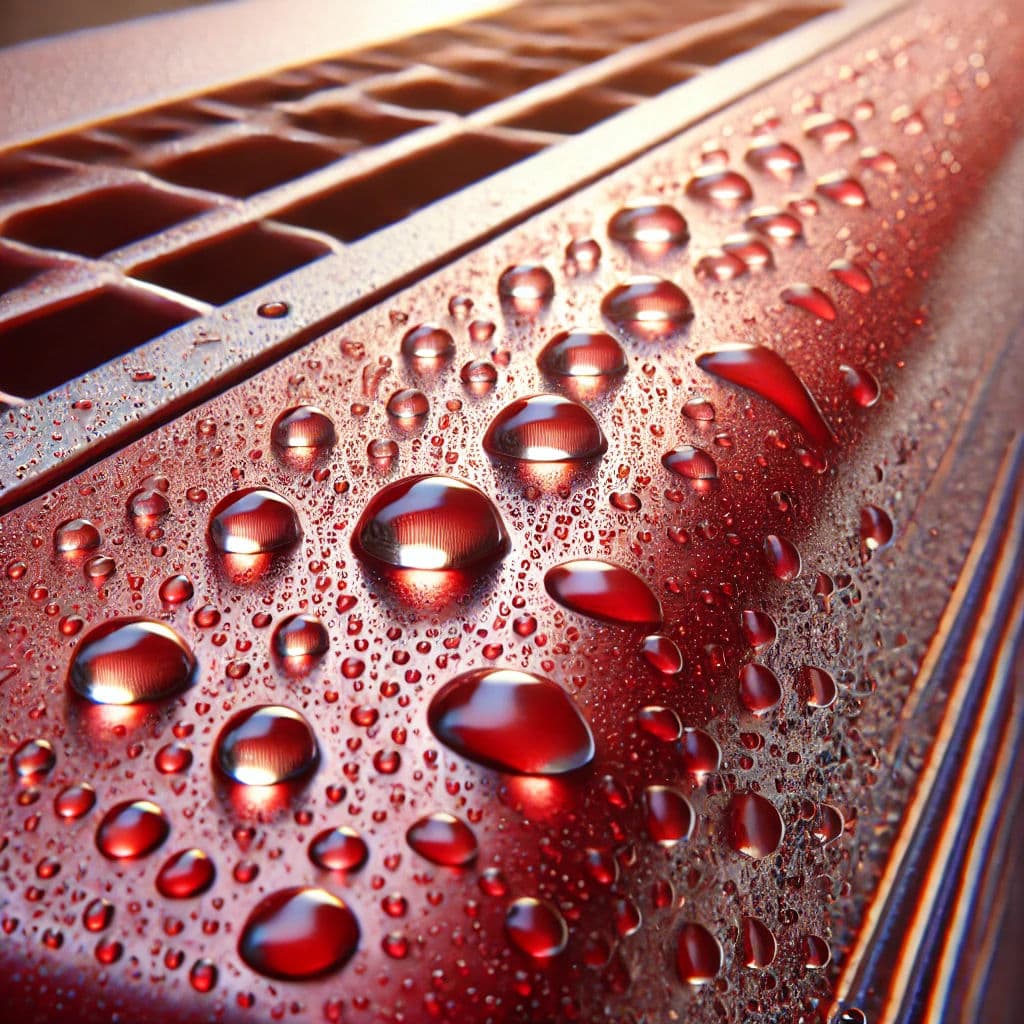
AC Condensation💧Causes, Solutions, and Expert Tips
Discover the causes of AC condensation and how to resolve them. From clogged filters to high humidity, get expert tips for maintaining your AC unit efficiently.
Read Article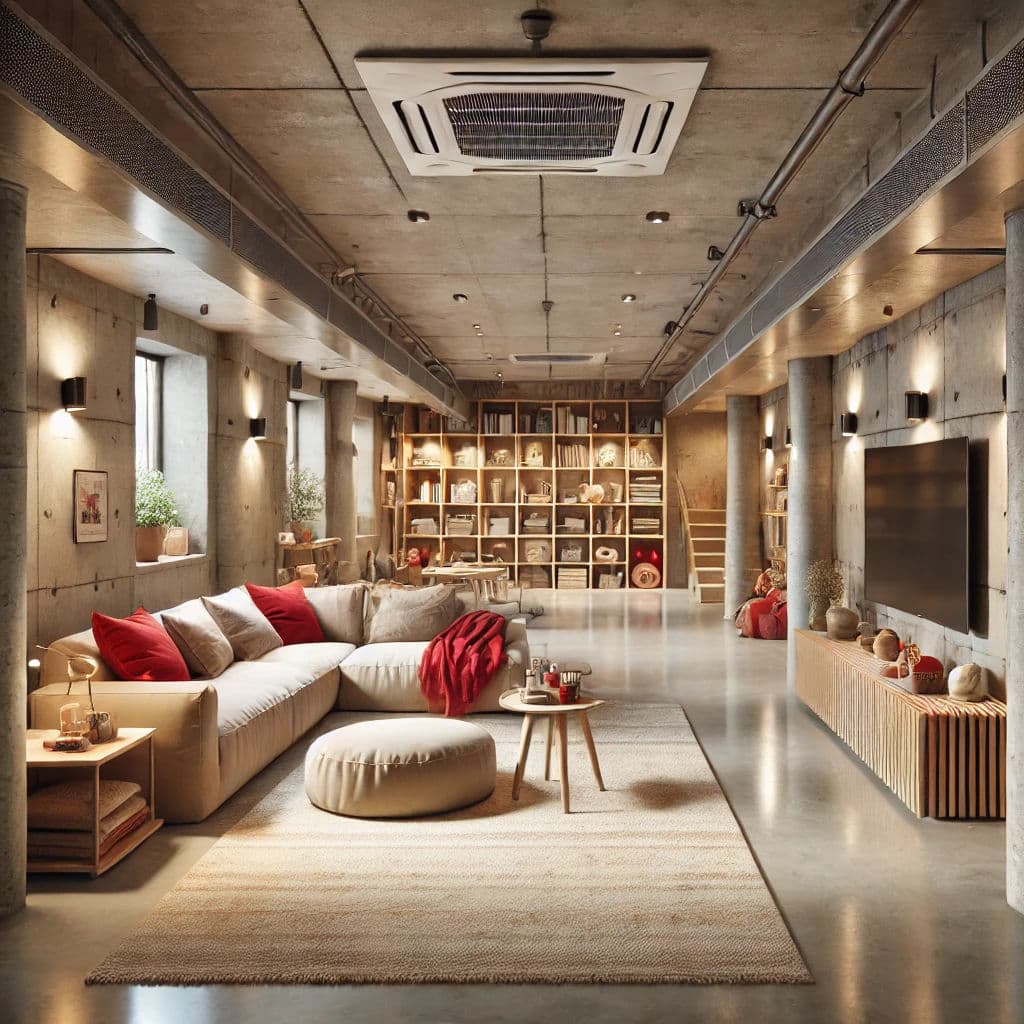
How to Use an AC Unit in a Basement: Expert Tips
Struggling to cool your basement? Discover expert tips on using an AC unit effectively. Optimize performance, ventilation, and comfort for a pleasant space.
Read Article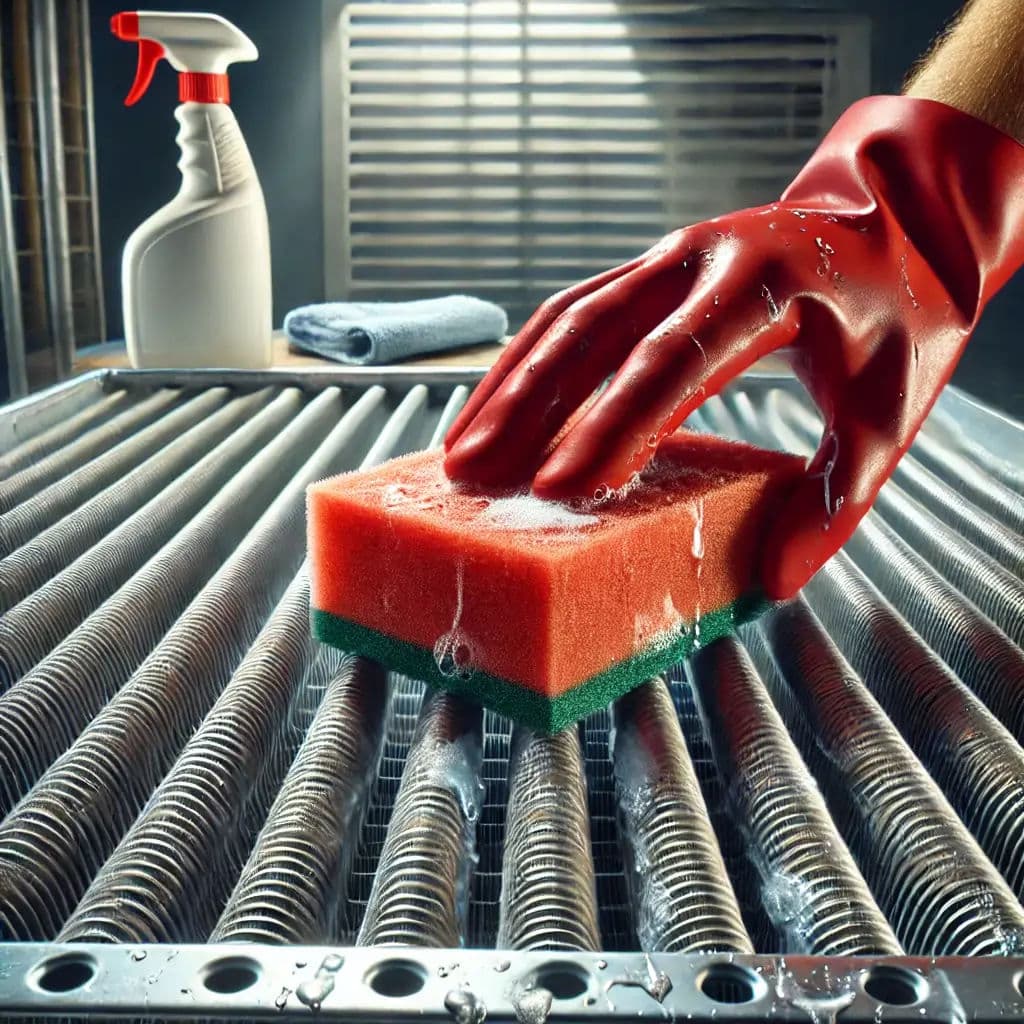
Comprehensive Guideline for Cleaning AC Coils ✅
Discover how to effectively clean your AC coils to enhance your unit's efficiency and performance. Follow our step-by-step guide for optimal HVAC operation.
Read Article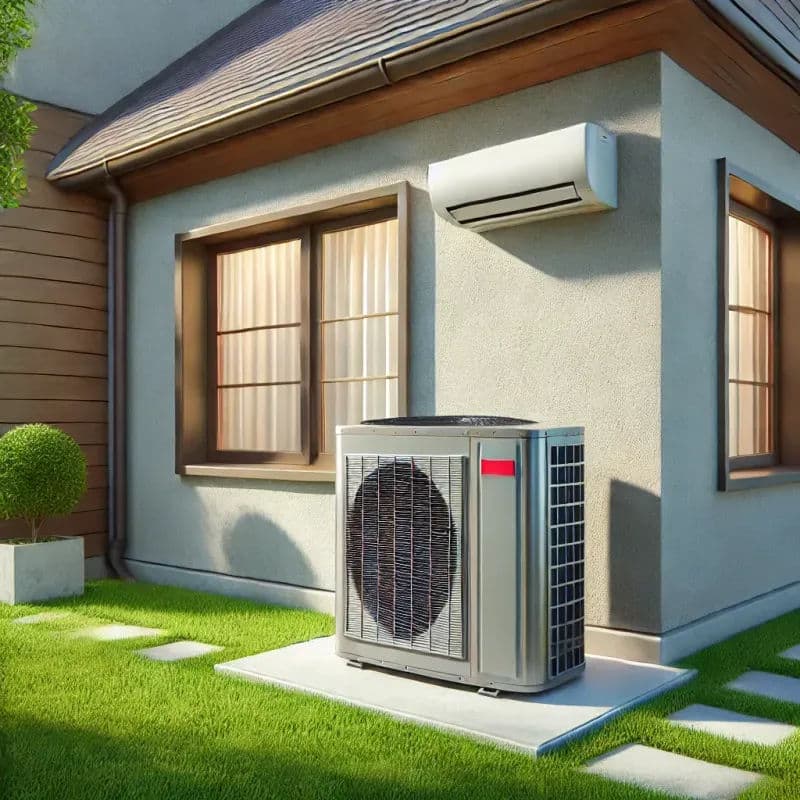
How Long Does an AC Unit Last? A Comprehensive Guide
Learn how long AC units last, factors influencing their lifespan, and signs it's time for a replacement. Keep your home cool and efficient.
Read Article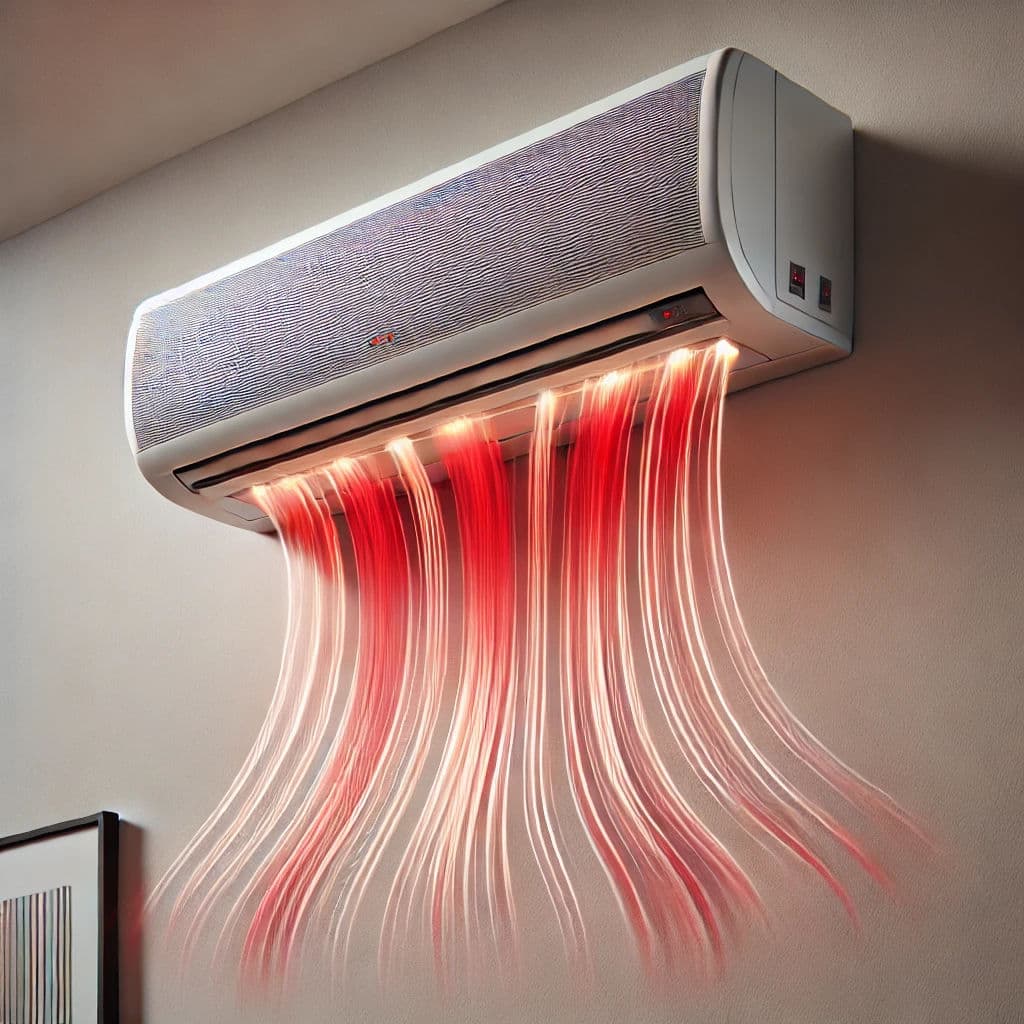
Why Is My AC Blowing Hot Air? A Comprehensive Guide from Expert
Is your AC blowing hot air? Discover common causes like clogged filters and refrigerant leaks, along with solutions to bring back cool comfort.
Read Article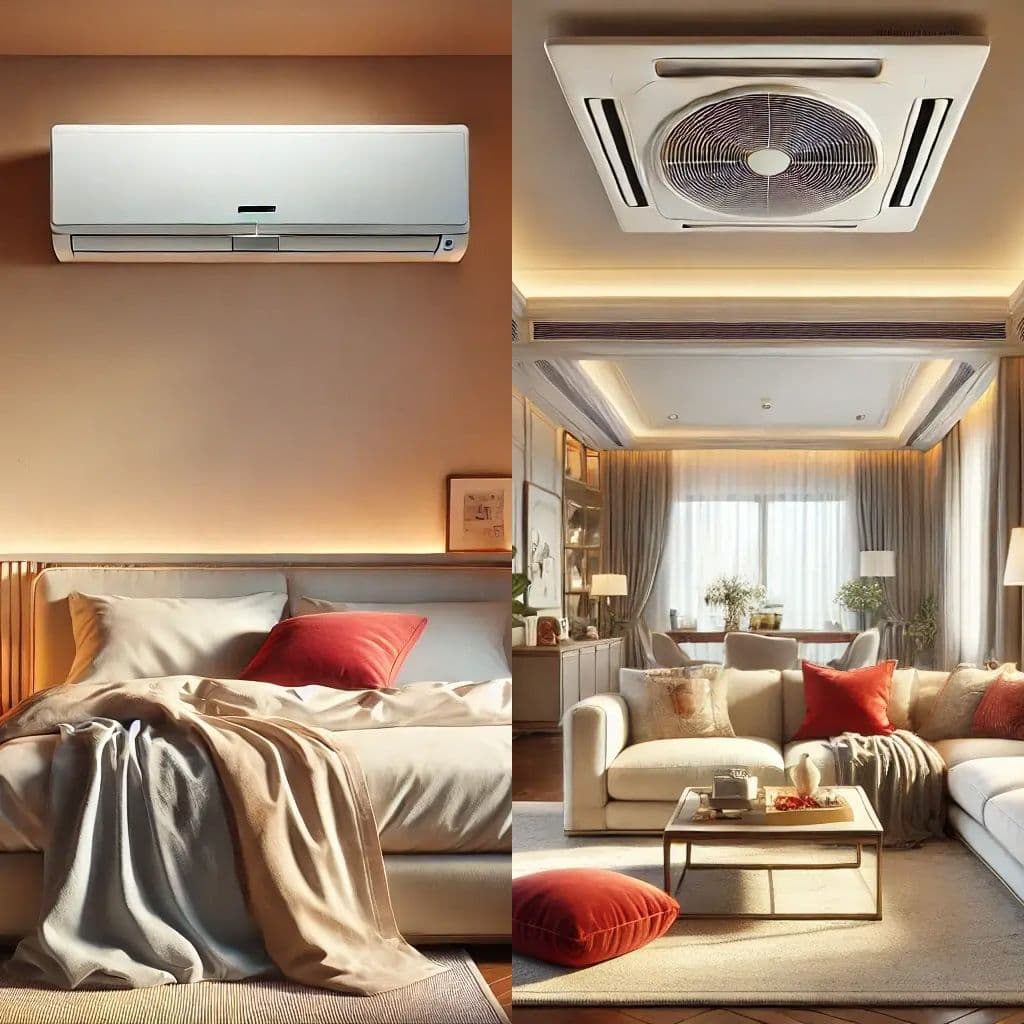
AC by Room or Central AC | What to Choose (Expert Tips)
Choosing between room and central AC? Discover the pros and cons of each to make an informed decision. Get expert advice for optimal cooling solutions.
Read Article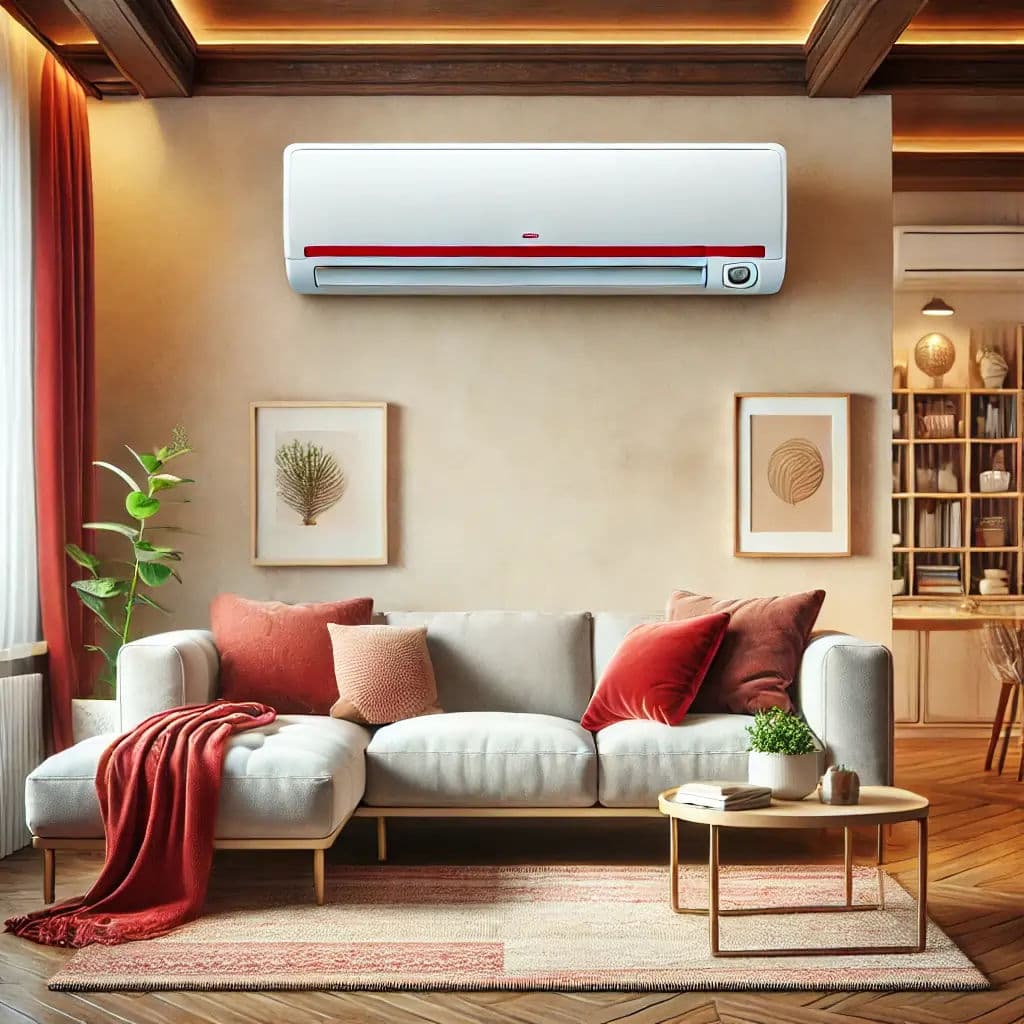
Mini Split Systems: Are They Right for You?
Learn if a mini split system is the right choice for your home by exploring its benefits, installation considerations, and how it compares to other cooling options.
Read Article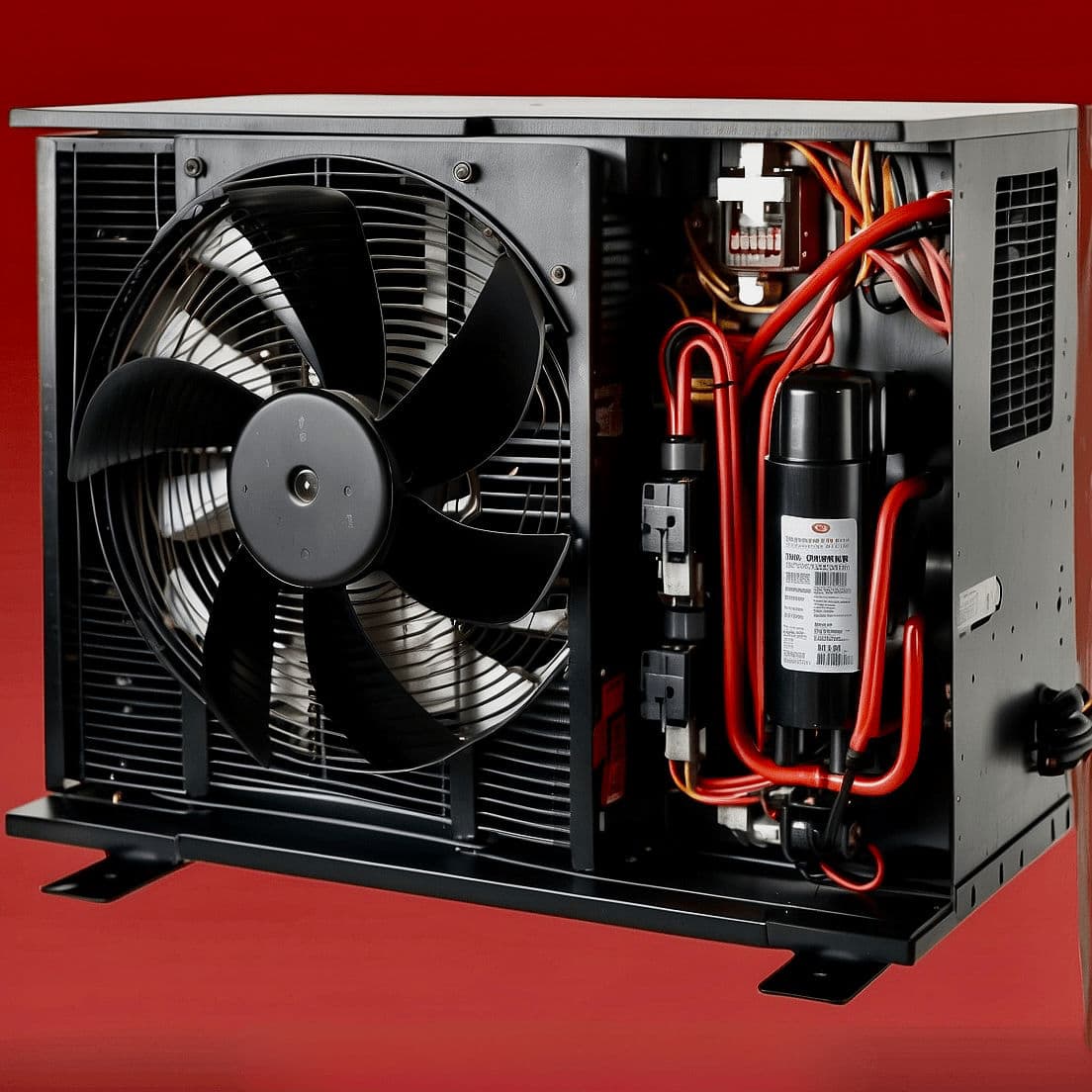
How to Know If Your AC Compressor Is Bad: A Guide to Early Detection
Recognize early signs of a failing AC compressor, like reduced cooling and unusual noises, to prevent costly repairs. Stay comfortable and efficient.
Read Article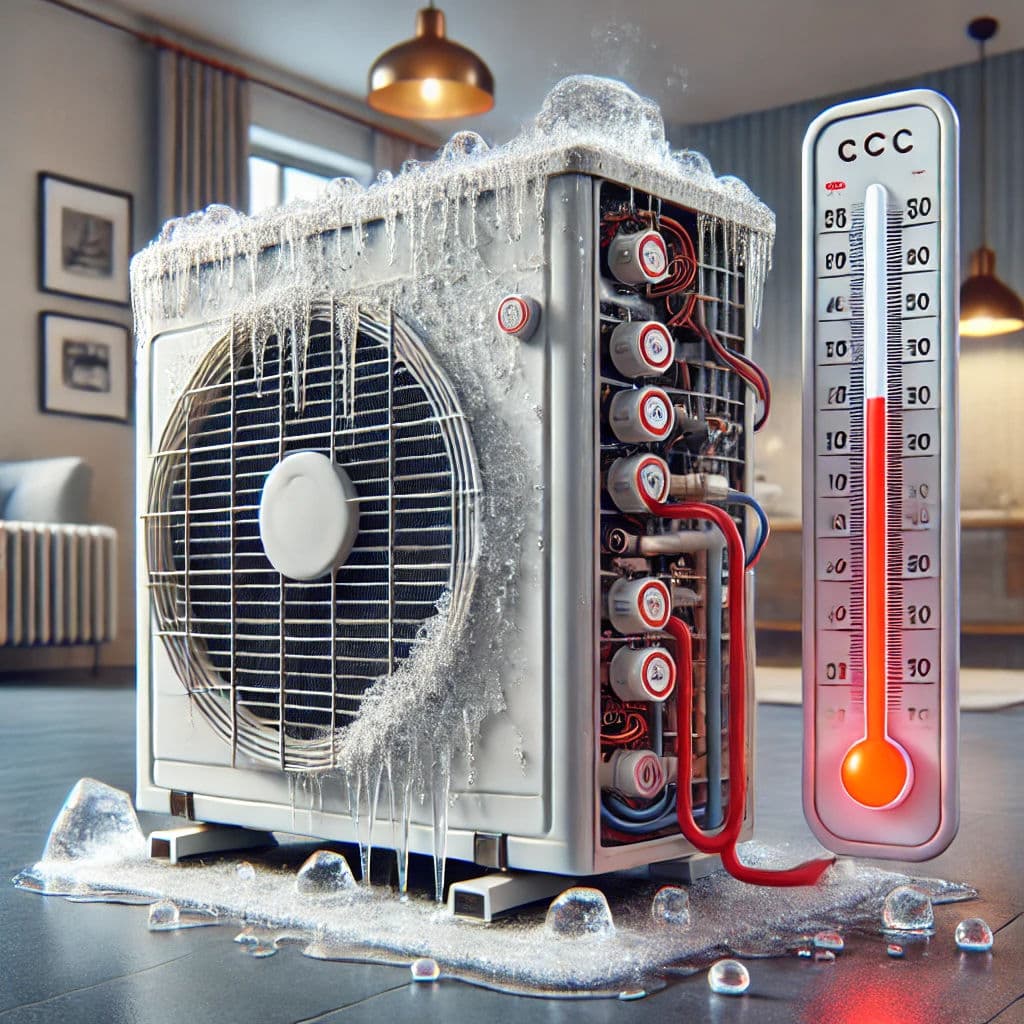
How Can I Tell If My AC has a Freon Leak? Check This Freon Leak Symptoms!
Discover how to spot a Freon leak in your AC by identifying signs such as poor cooling, strange noises, and high electricity bills. Get tips on diagnosis and repair.
Read Article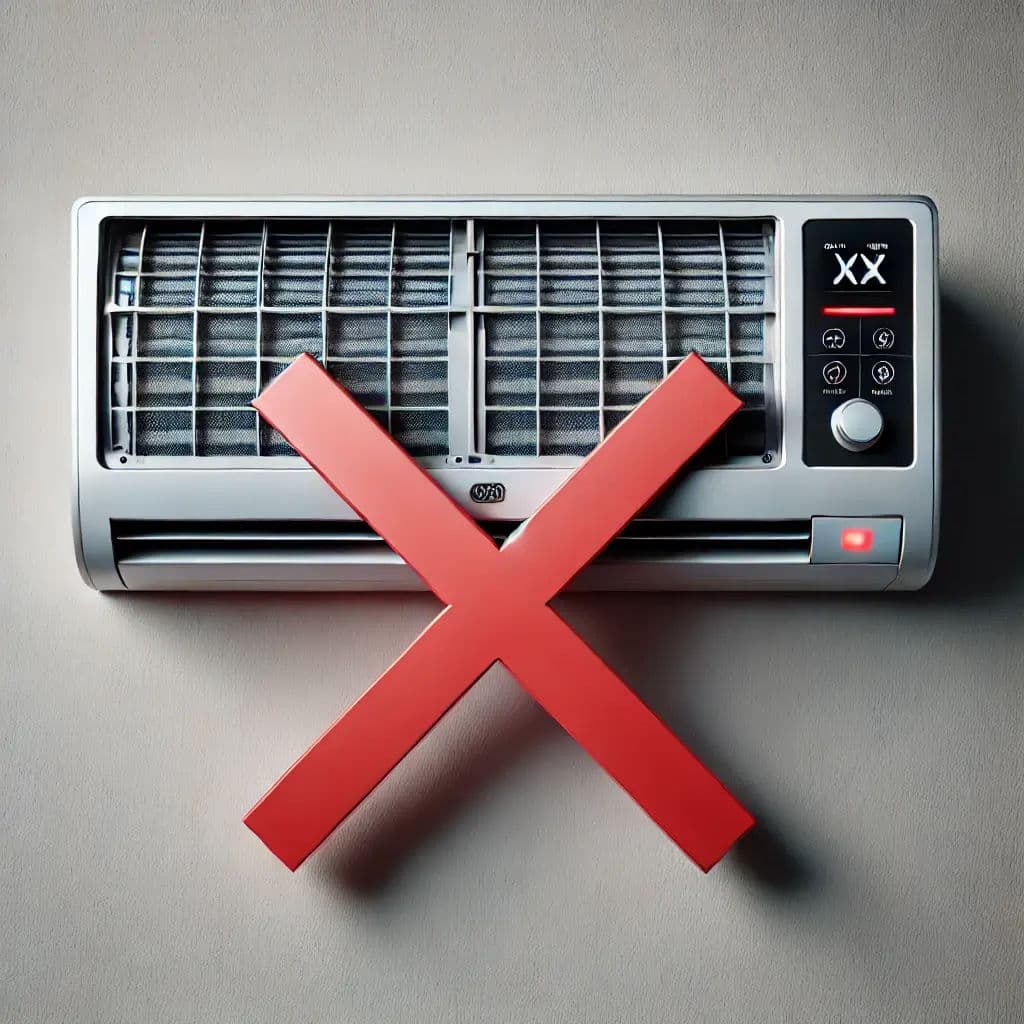
AC Not Turning On? Troubleshooting Guide
Is your air conditioner refusing to turn on? Learn about common causes like a tripped breaker, thermostat issues, or dirty filters and how to resolve them.
Read Article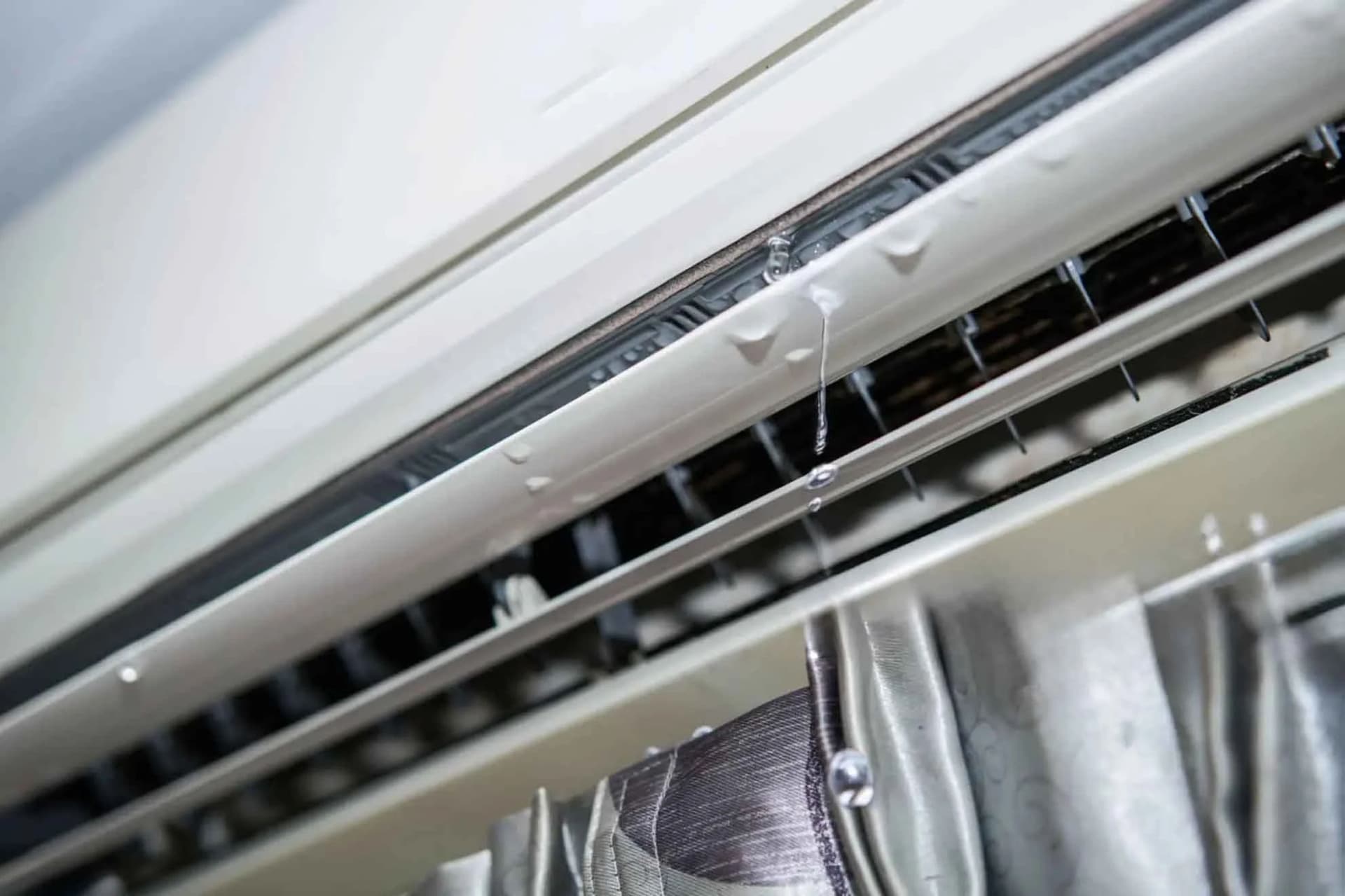
Why is Your AC Leaking Water: A Quick Guide
Discover the reasons behind your AC leaking water and learn how to fix issues like clogged drain lines and frozen coils to prevent damage.
Read Article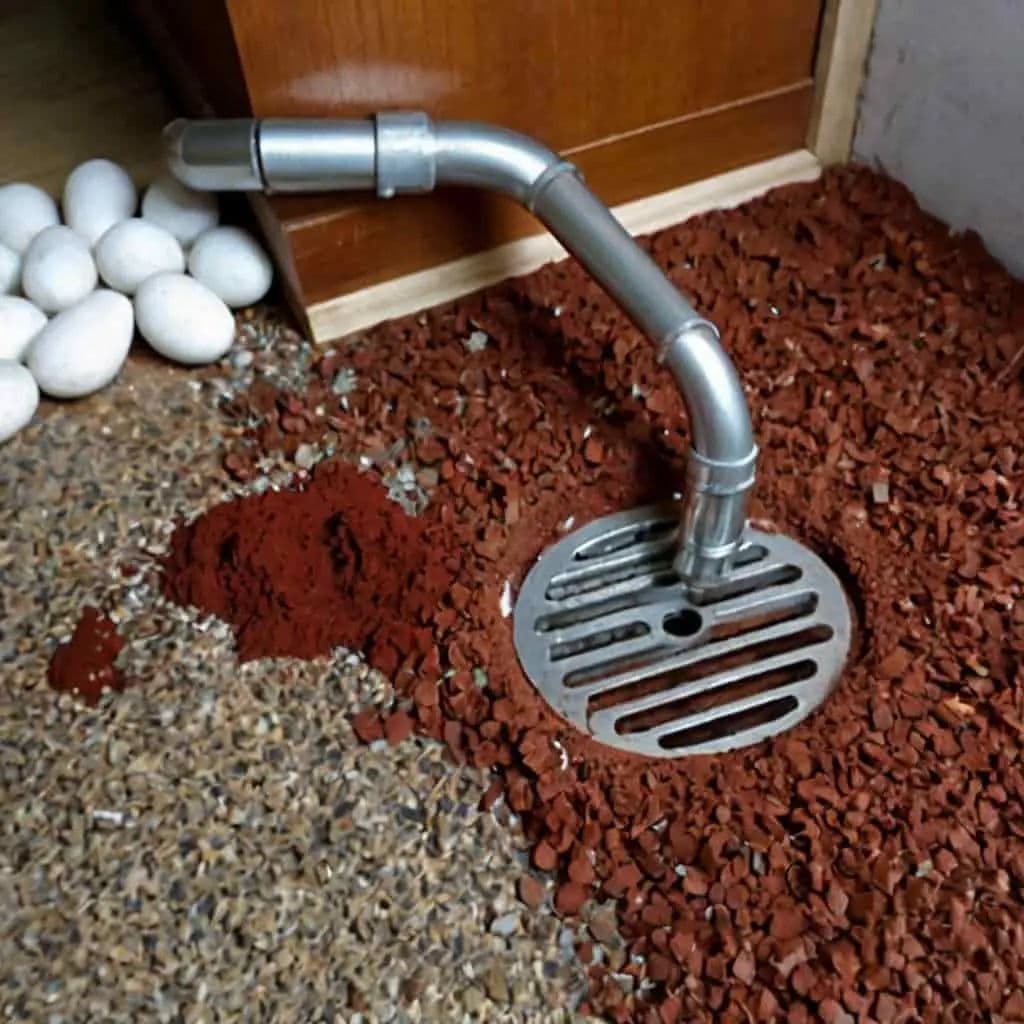
How to Unclog Your AC Drain Line and Prevent Future Backups
Learn how to unclog your AC drain line and prevent future backups. Understand the causes, signs of clogs, and maintenance tips to keep your system efficient.
Read Article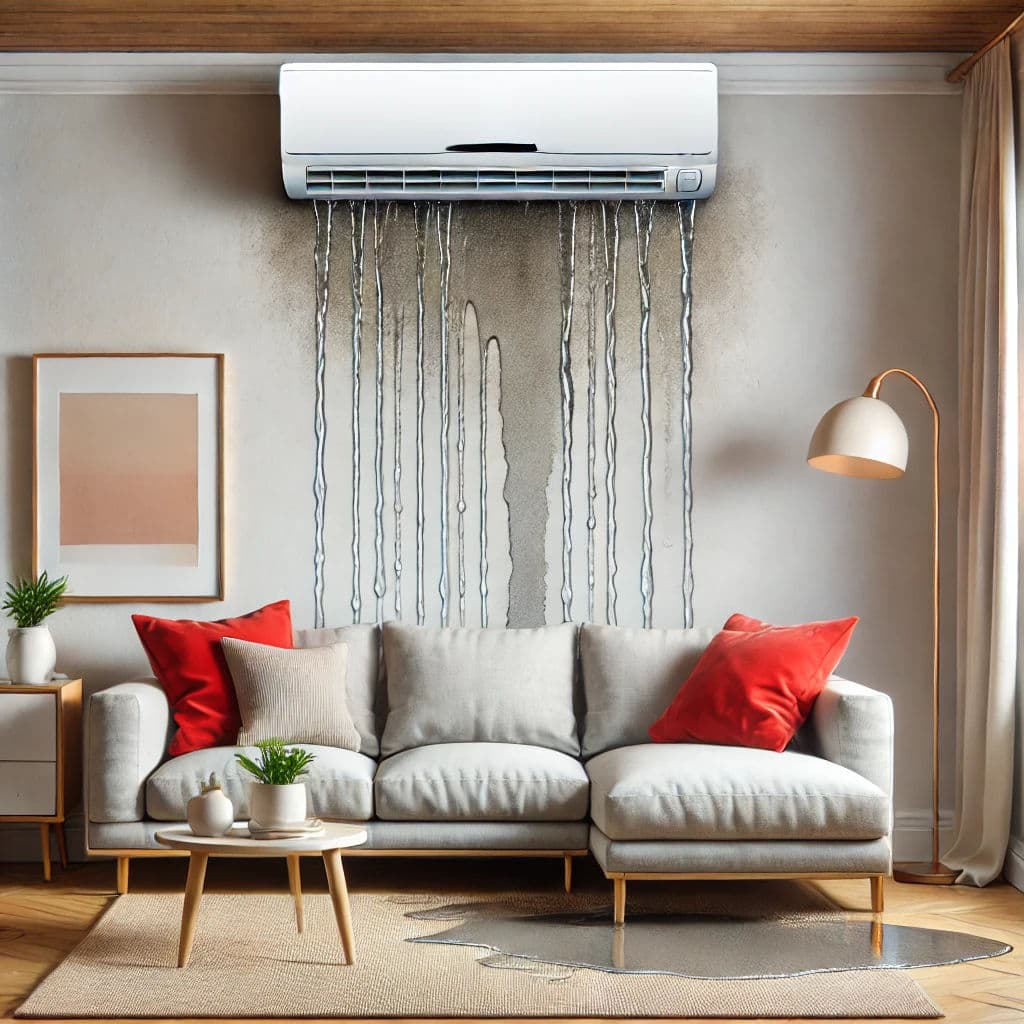
What Problems Can Occur With a Ductless Air Conditioner?
Learn about common issues with ductless air conditioners and effective solutions to maintain efficiency and performance.
Read Article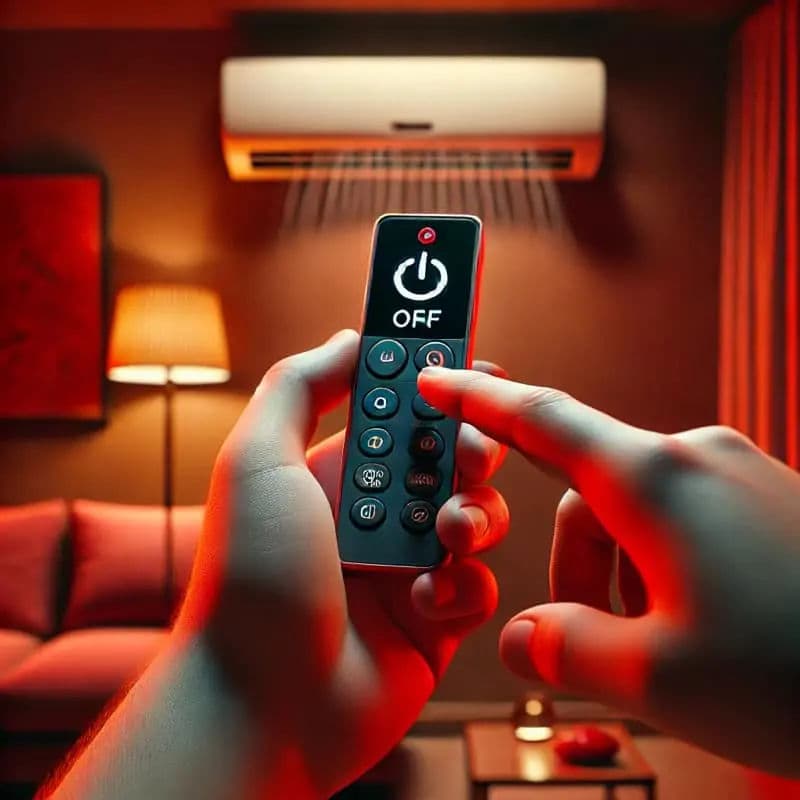
Why Does Your AC Unit Turn Itself Off 🤔 Causes, Fixes, and Prevention
Learn why AC units shut off unexpectedly and how to fix and prevent it. Maintain comfort in Honolulu’s heat with expert advice and solutions.
Read Article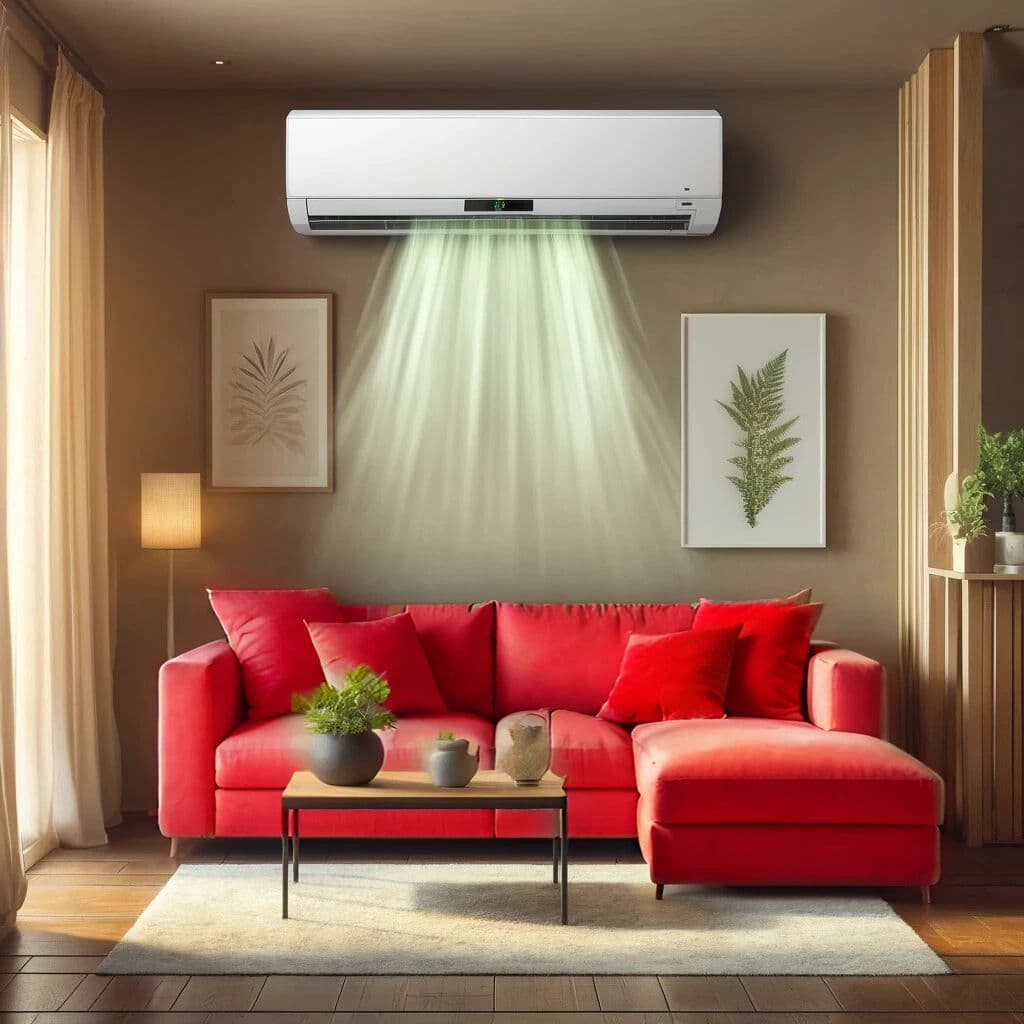
Why Does Your AC Smell Musty?
Discover why your AC smells musty and how to resolve it. Causes include dirty filters, mold, and clogs. Learn effective solutions to keep your AC odor-free.
Read Article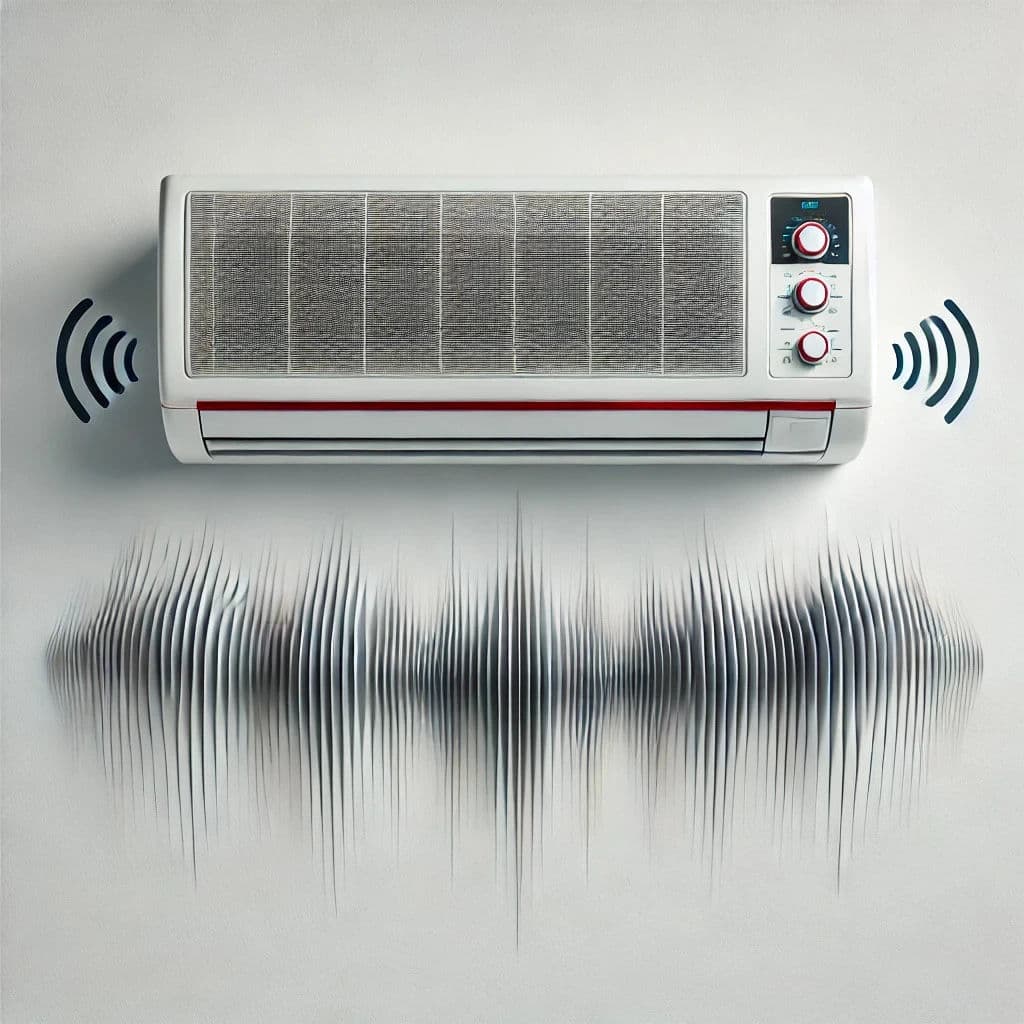
Understanding the Causes of AC Buzzing Noises
Understand and solve AC buzzing noises with this guide. Identify causes, troubleshoot, and know when to call an HVAC technician for professional help.
Read Article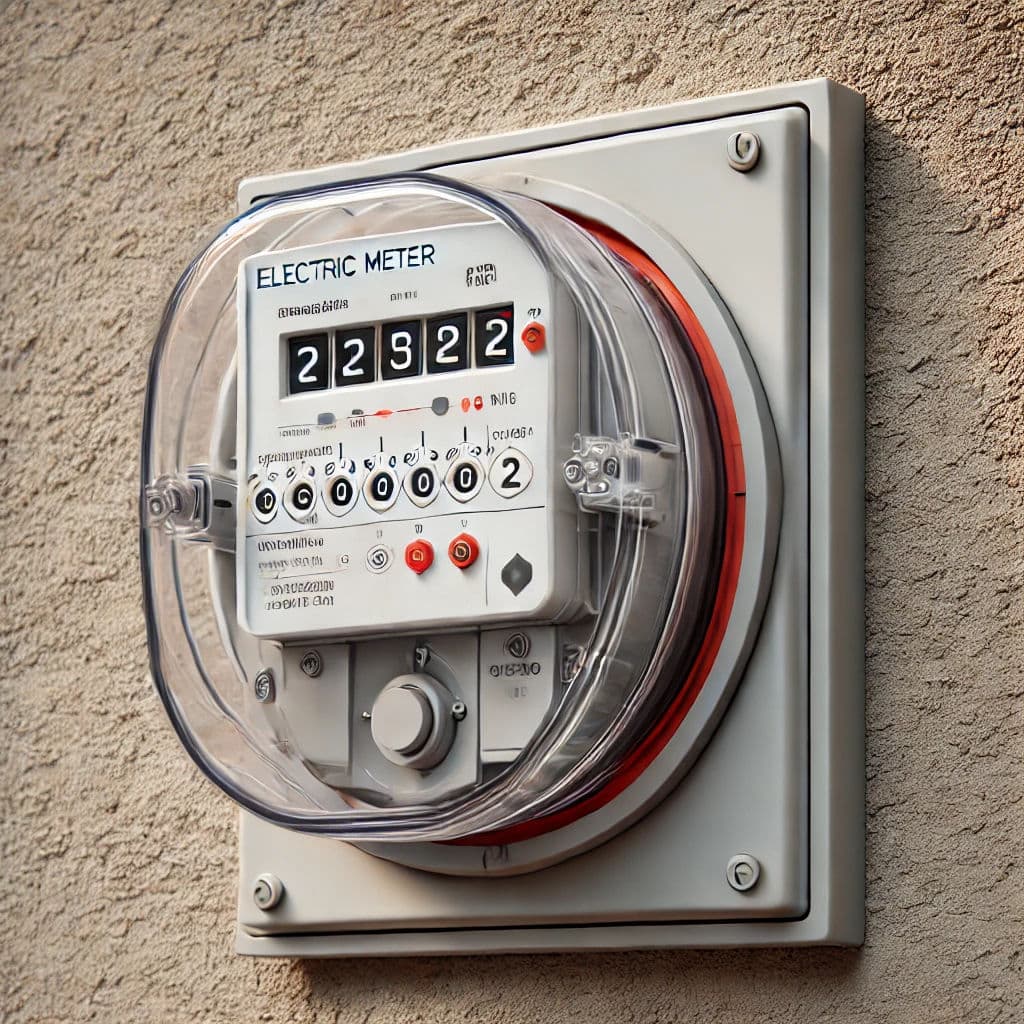
How Much Electricity Does an AC Consume in Hawaii? 🌴
Explore AC electricity consumption in Hawaii. Calculate costs, understand influencing factors, and find tips to reduce your energy bills.
Read Article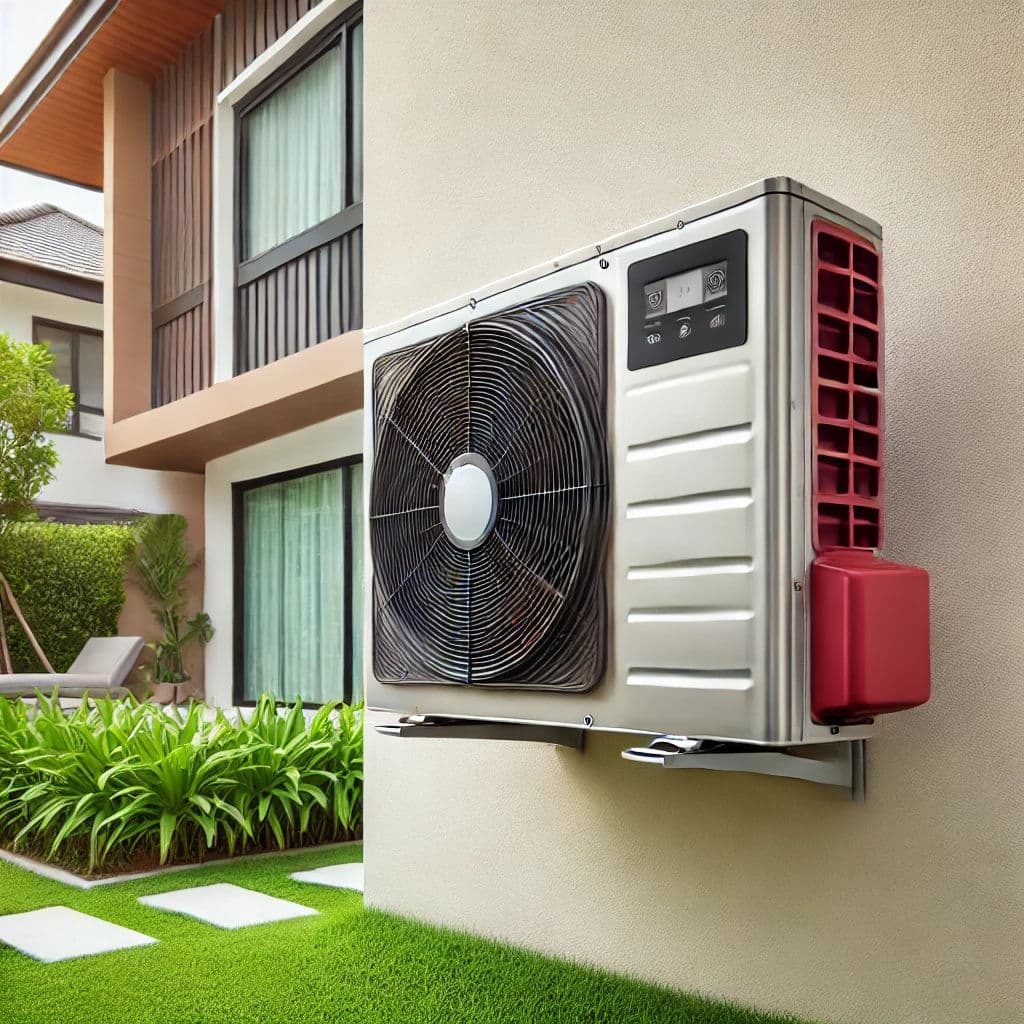
Can I Replace the Outside AC Unit Only🤔 Everything You Need to Know
Learn whether you can replace just the outside AC unit. Understand compatibility, cost implications, and benefits of a full system replacement.
Read Article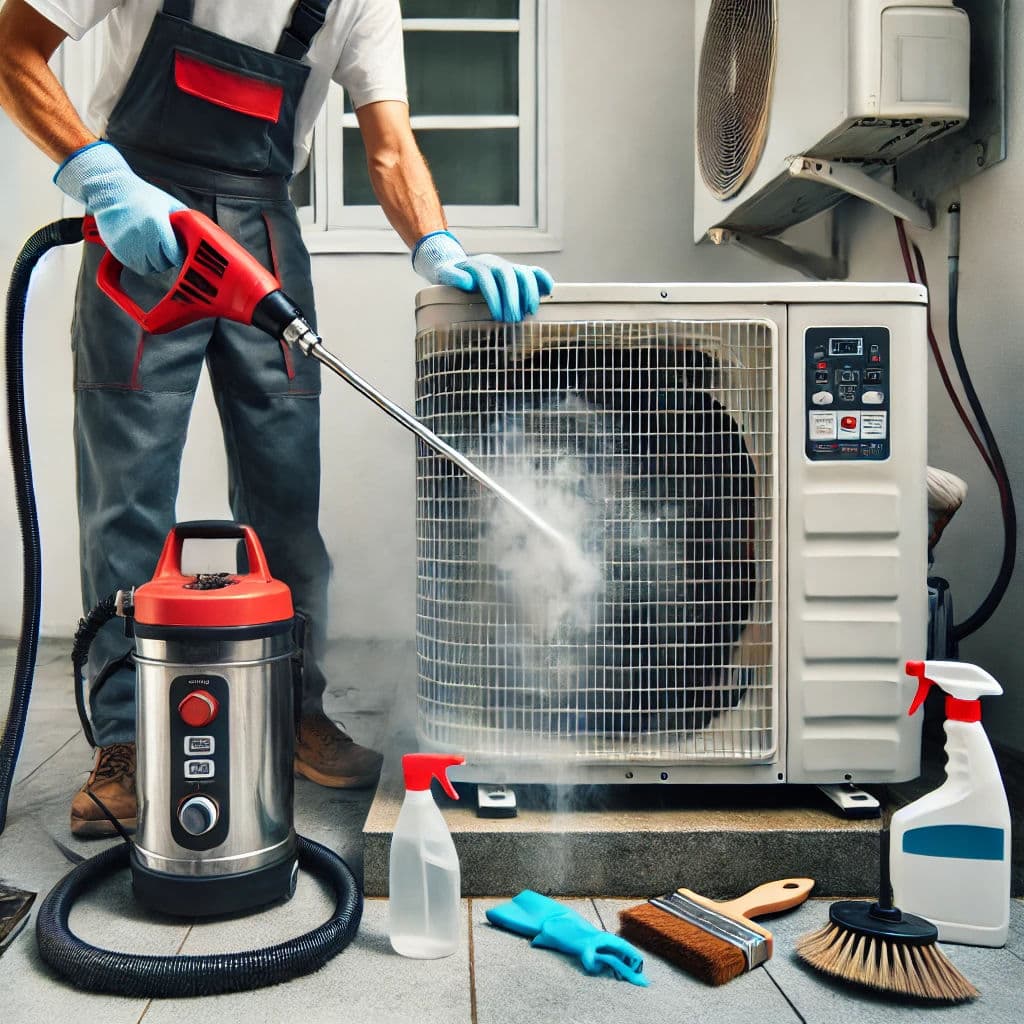
Need Air Conditioner Cleaning Service in Hawaii?
Discover expert AC cleaning services in Hawaii with Air Masters. Improve efficiency and indoor air quality to beat the tropical climate.
Read Article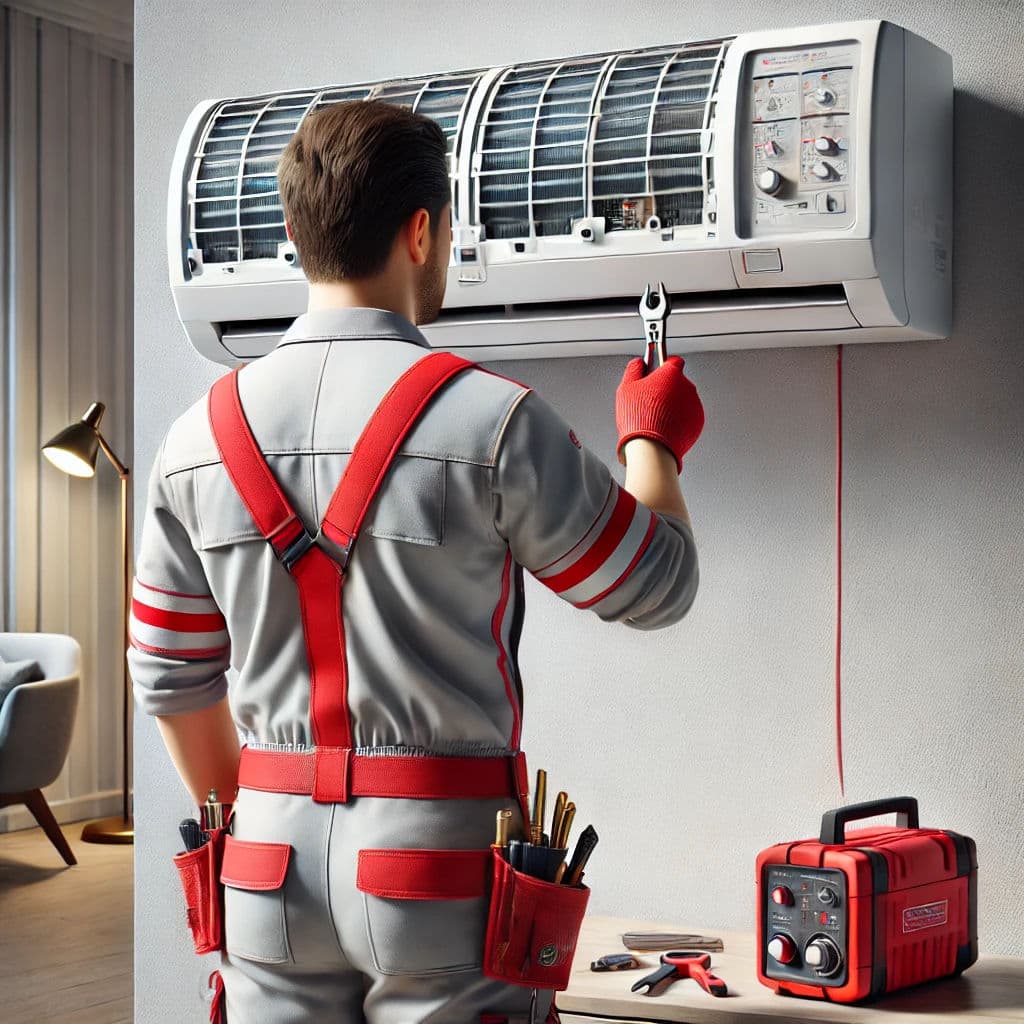
The Benefit of AC Repair | Air Masters - Expert AC Services
Explore the essential benefits of AC repair, including improved comfort, efficiency, and air quality. Discover Air Masters' expert services in ensuring your AC's optimal performance.
Read Article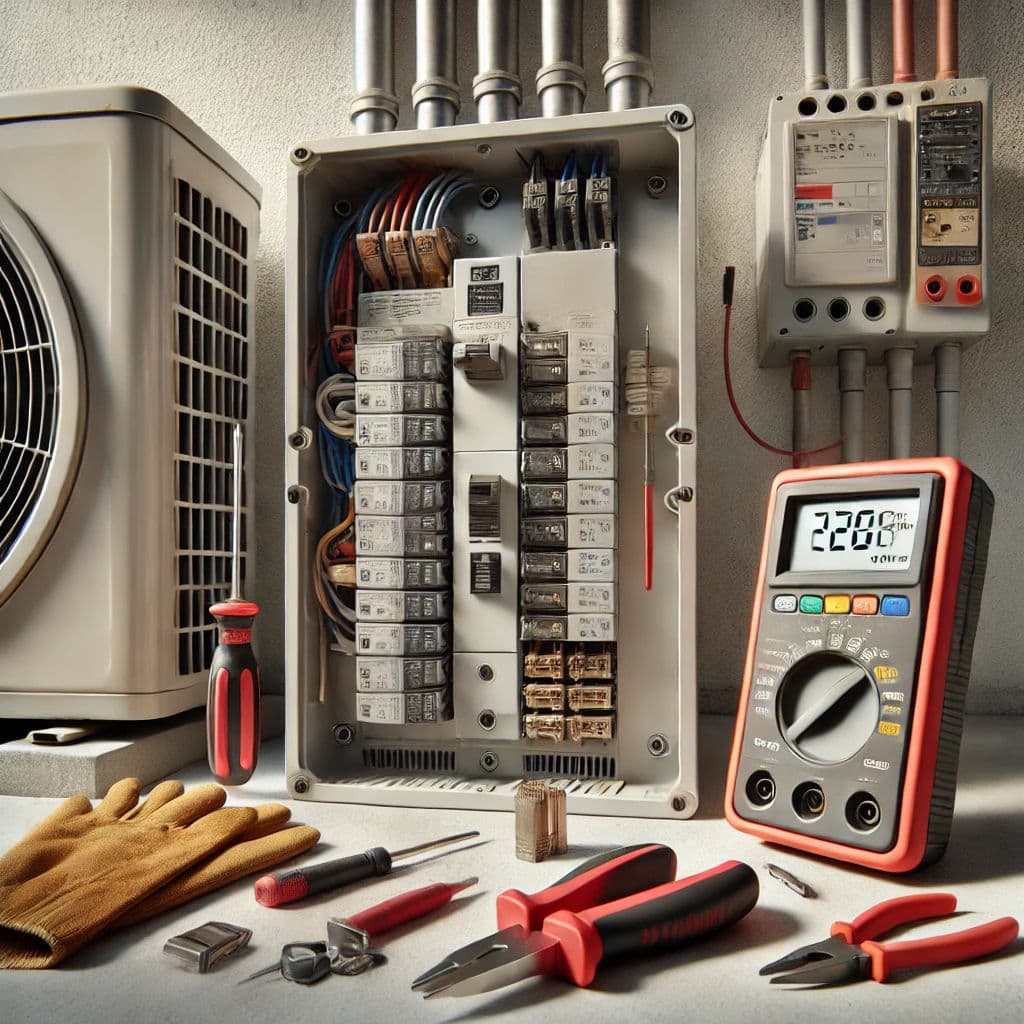
Why Does My AC Breaker Keep Tripping?
Understand why your AC breaker trips, explore common causes like dirty filters or overloaded circuits, and learn when to call a professional for help.
Read Article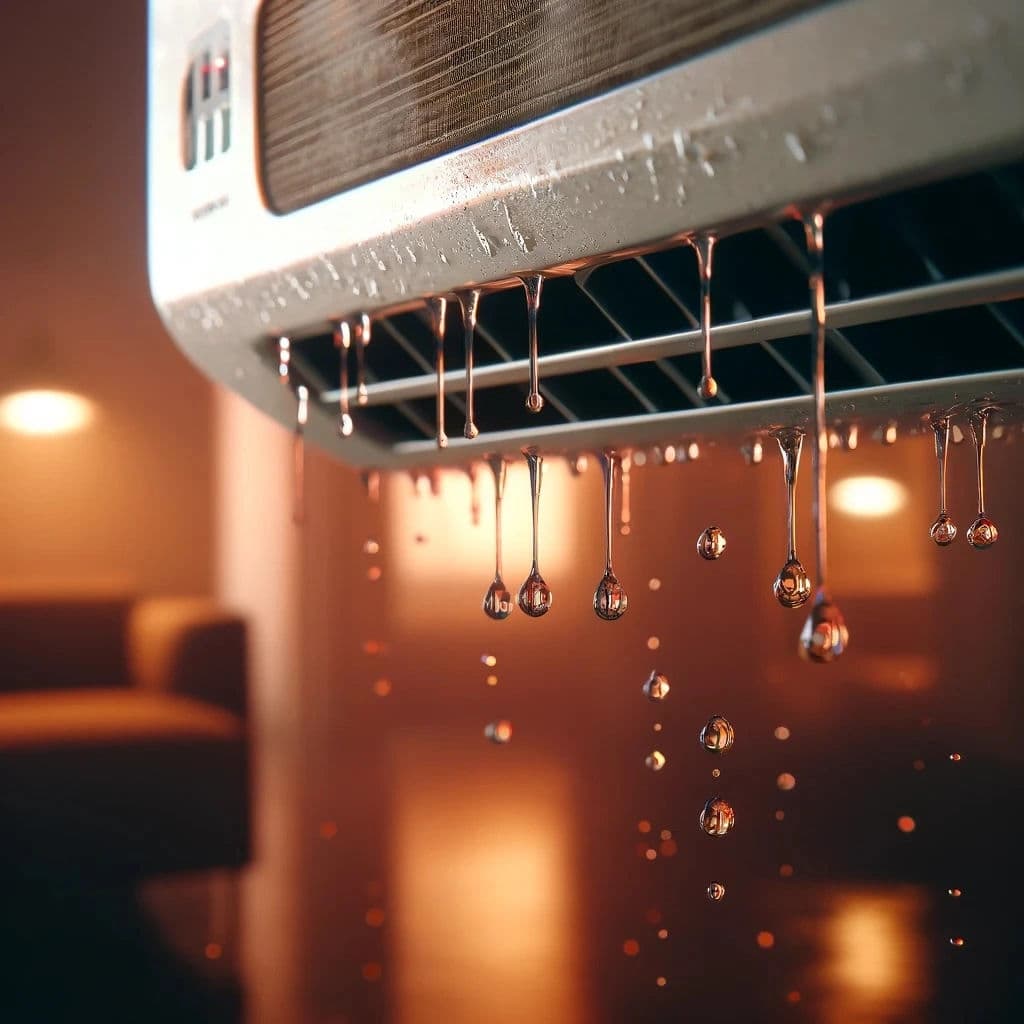
Is Water Dripping from Your AC Dangerous? An AC Expert’s Take
Learn about the dangers of water dripping from your AC, potential risks, and how to fix it. Get expert advice from Air Masters in Oahu, Hawaii.
Read Article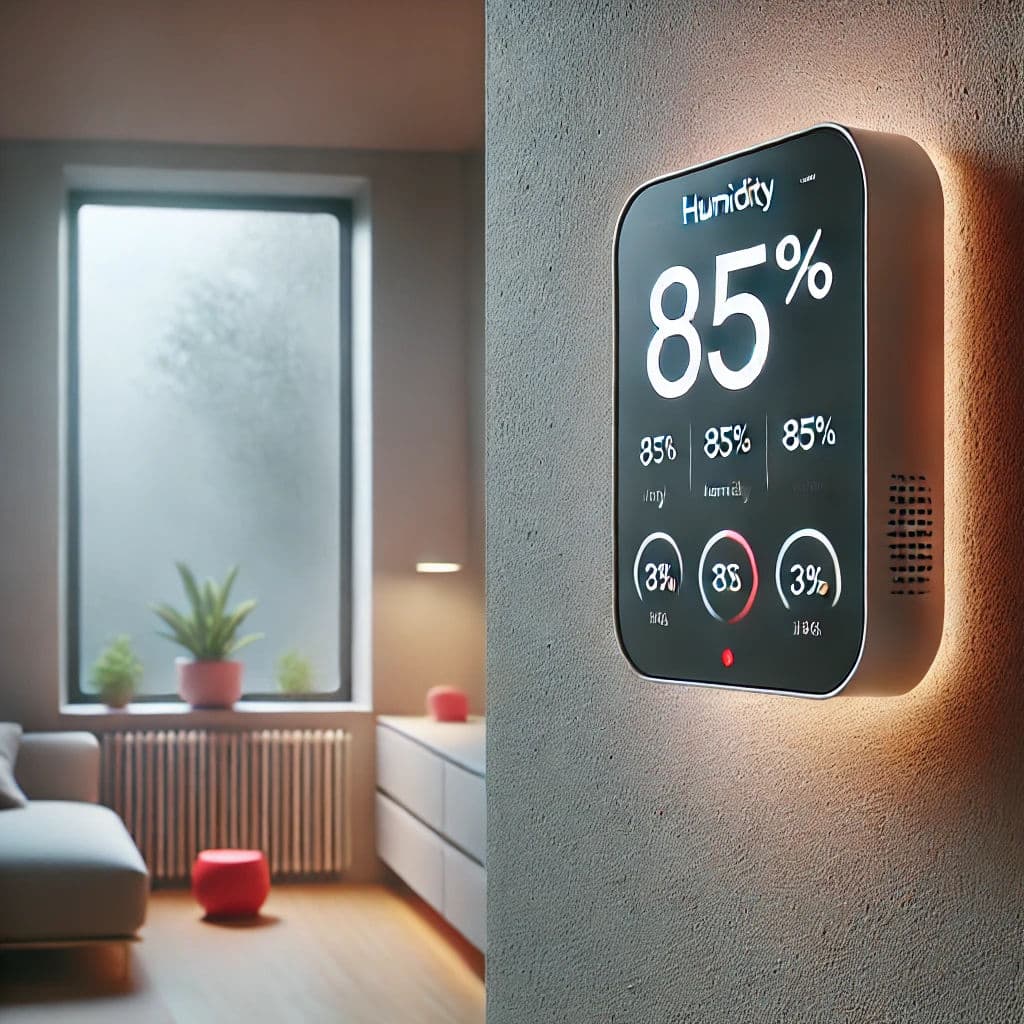
Why is My House So Humid with the AC On? Understanding the Issue and Solutions
Explore why your home remains humid with the AC running and find effective solutions to rectify it for a comfortable living space.
Read Article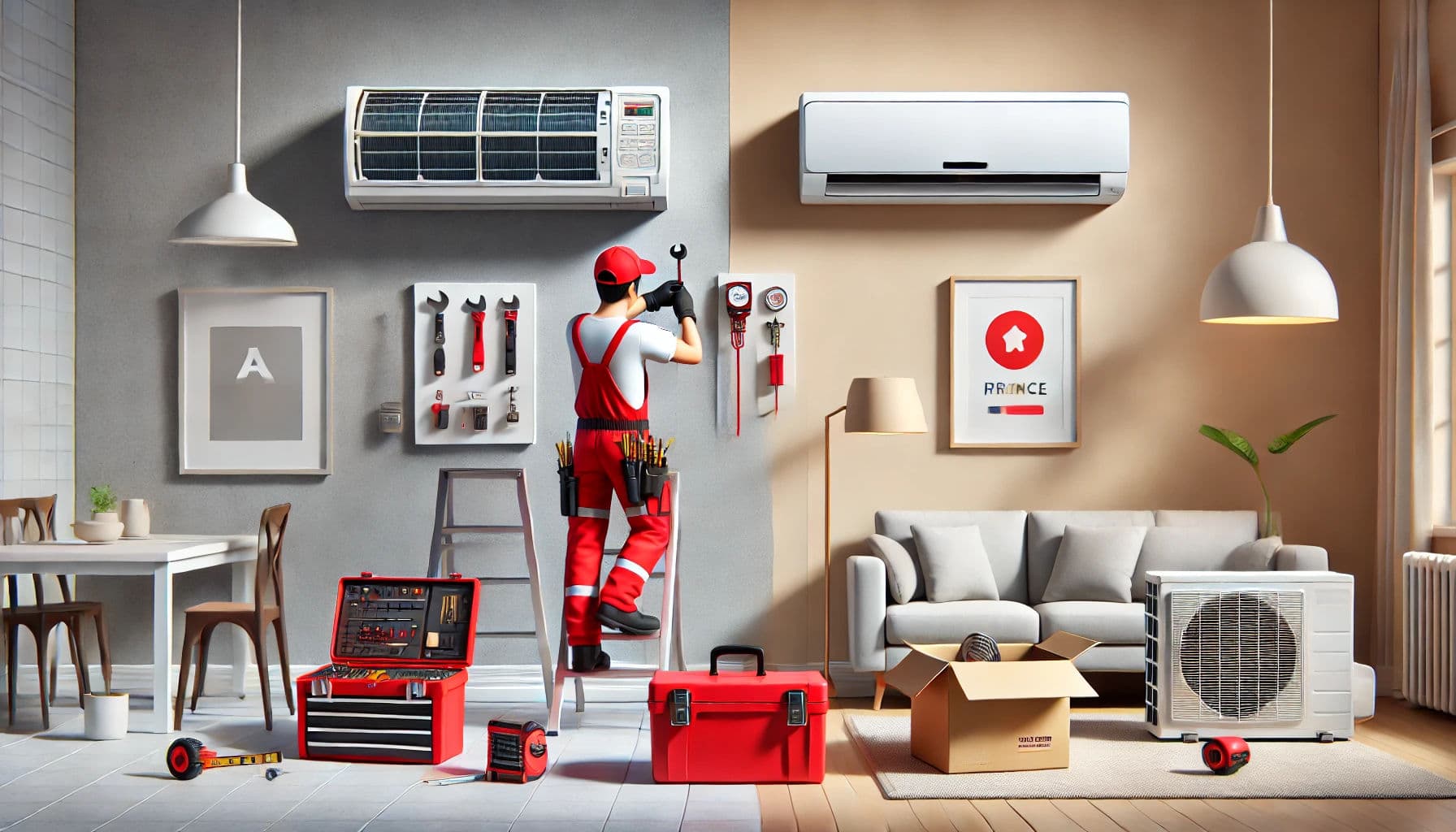
What to Choose: Repair or Replace Your AC Unit?
When your AC unit shows trouble, deciding on repair or replacement can be tough. Consider costs, efficiency, and comfort with guidance from Air Masters in Oahu.
Read Article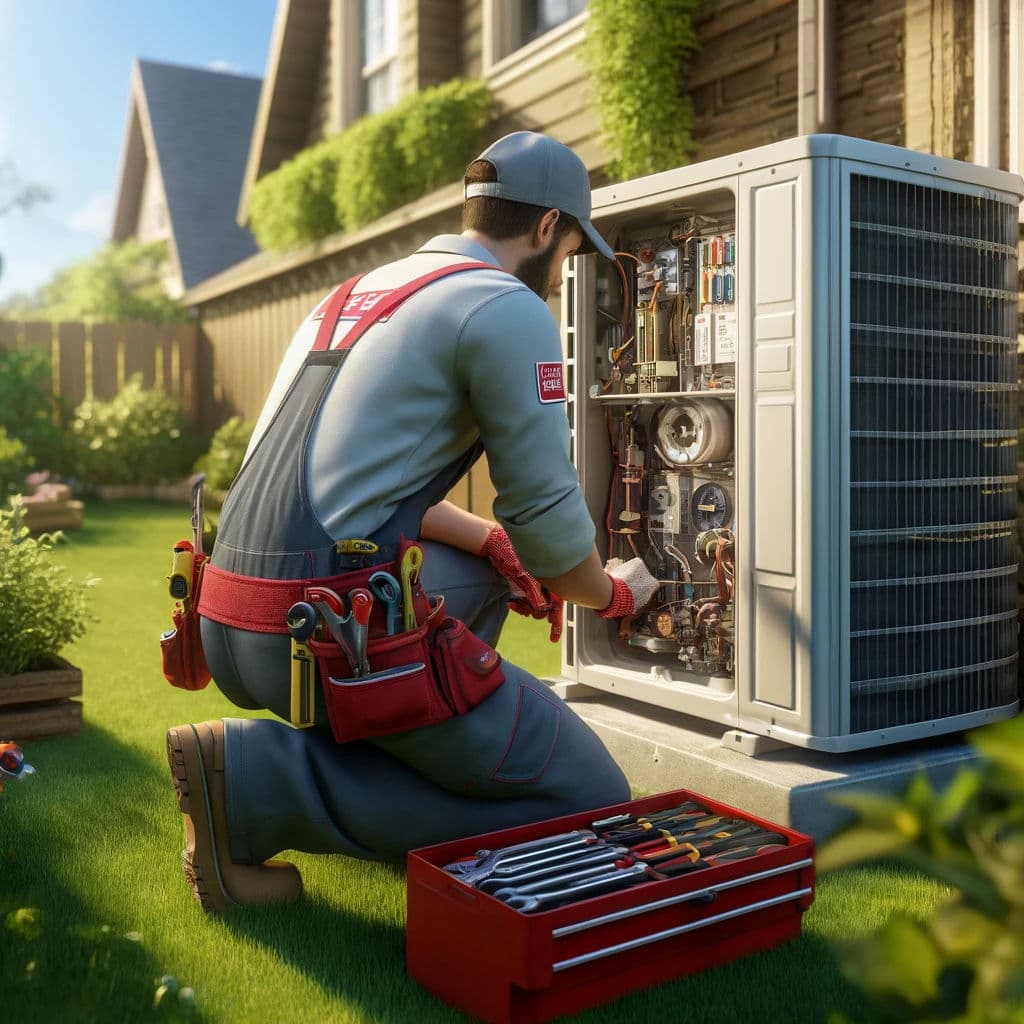
AC Repair Service: What to Expect from Experts 🧐 Air Masters Hawaii
Learn what happens during an AC repair and how Air Masters in Oahu, Hawaii, ensures a smooth, hassle-free process to restore your cooling system.
Read Article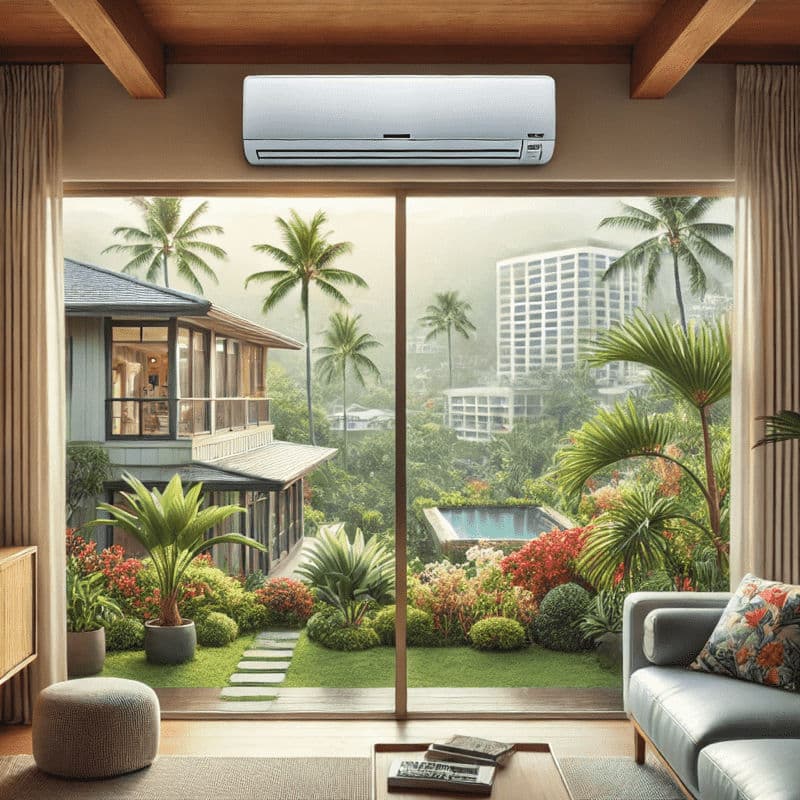
7 Tips for Managing Humidity with Your AC in Hawaii 🌴
Discover how to effectively manage humidity in Hawaii with 7 expert tips for optimizing your AC system. Stay cool and comfortable in the tropics.
Read Article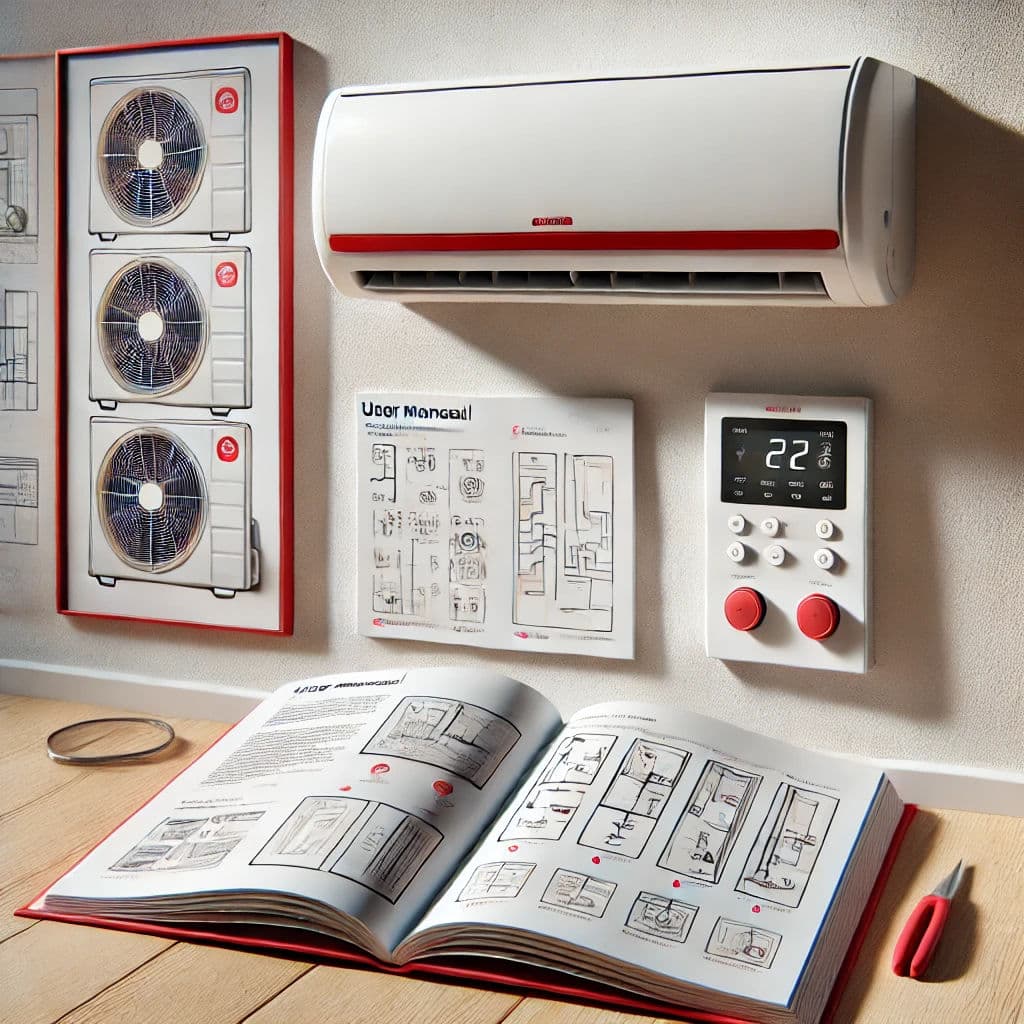
What are Mini Split A/C Systems and How do they Work?
Explore the benefits and workings of mini split A/C systems. Learn why they are an efficient and customizable choice for climate control, perfect for homes in Oahu.
Read Article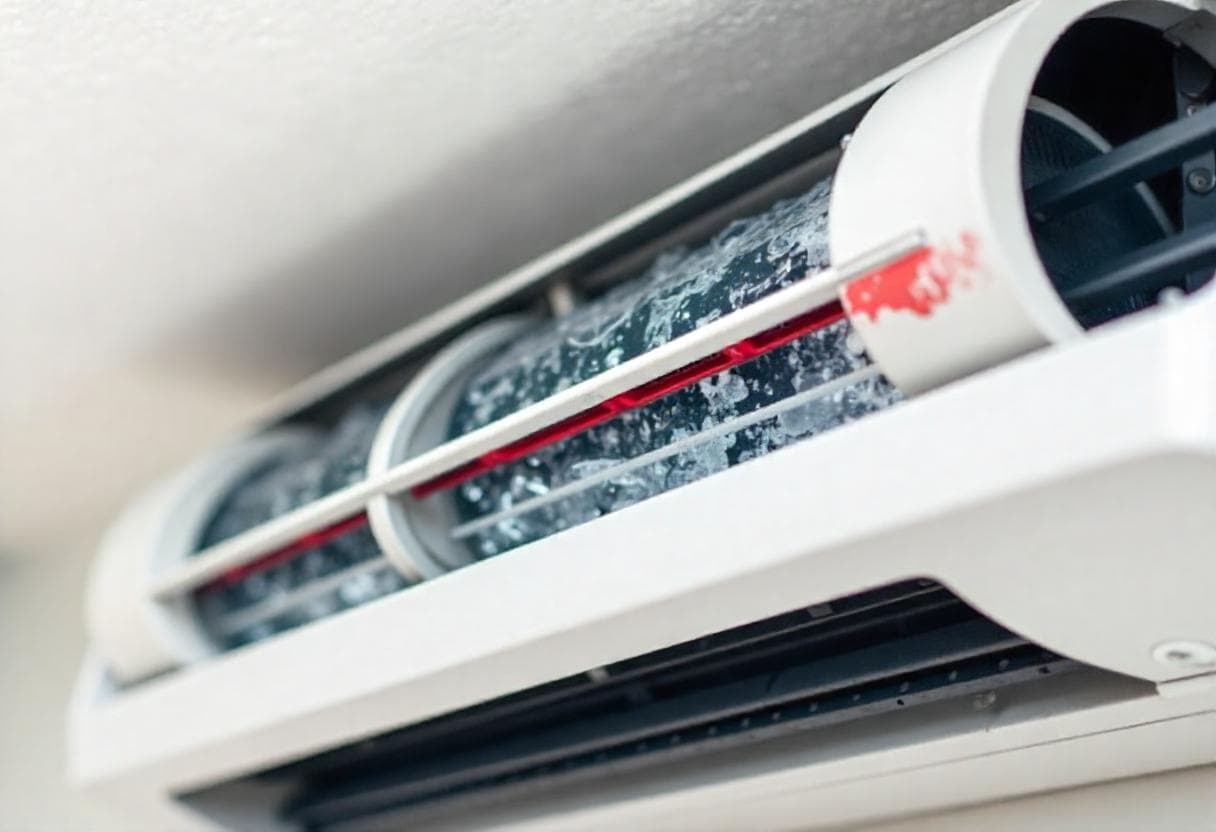
Why Is There Ice on My AC Unit? | AC Expert Solutions
Ice on your AC unit usually signals a problem. Learn about common causes like dirty air filters or low refrigerant, and find solutions to fix and prevent ice buildup.
Read Article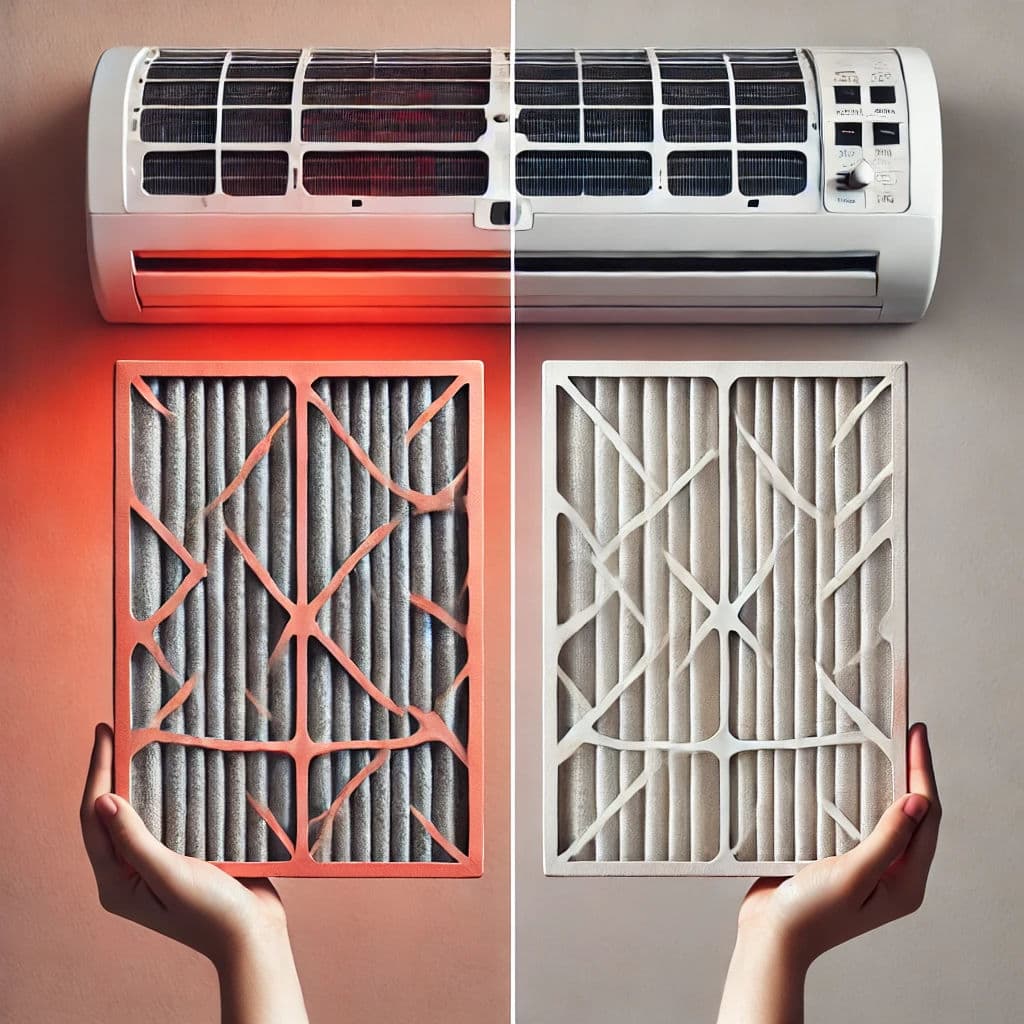
How Often Should You Change Your AC Filter?
Discover how often to replace your AC filter for optimal performance. Learn why it matters, signs of replacement, and choosing the right filter. Contact Air Masters today!
Read Article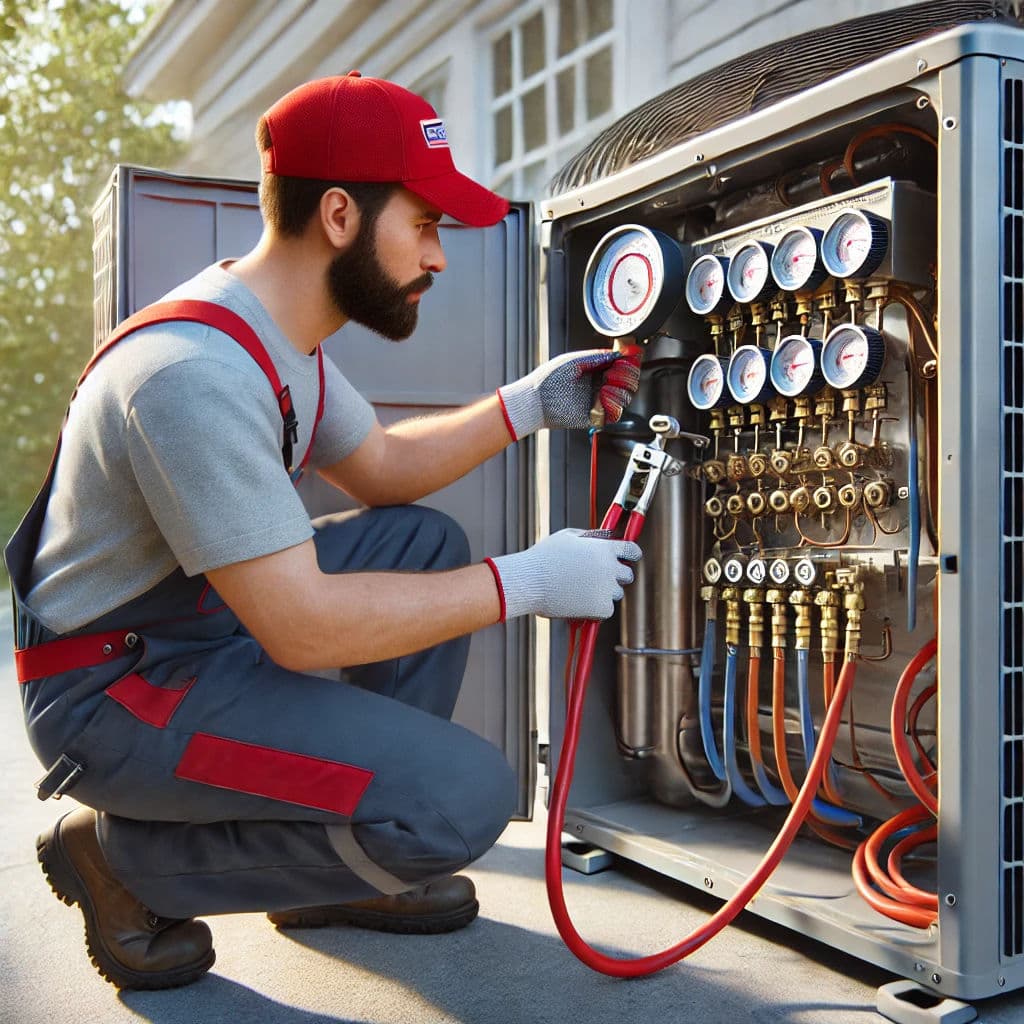
Air Conditioner Tune-Up Guide
Learn why regular AC tune-ups are essential for maintaining performance, efficiency, and safety. Discover key maintenance steps and benefits for your unit.
Read Article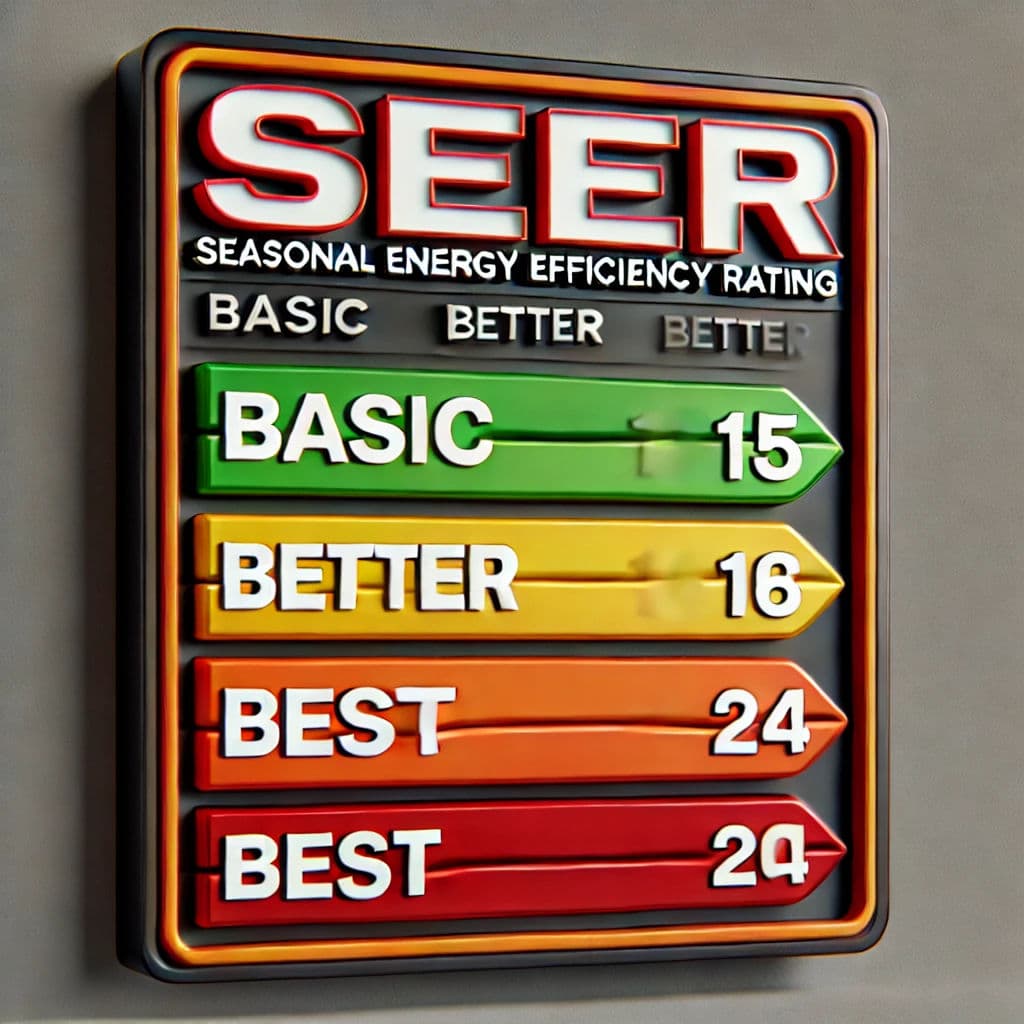
Is a High SEER Rating Good? Here's What You Need to Know
Learn how a high SEER rating boosts AC efficiency and saves on energy costs. Ideal for hot climates and frequent AC use, but not always essential.
Read Article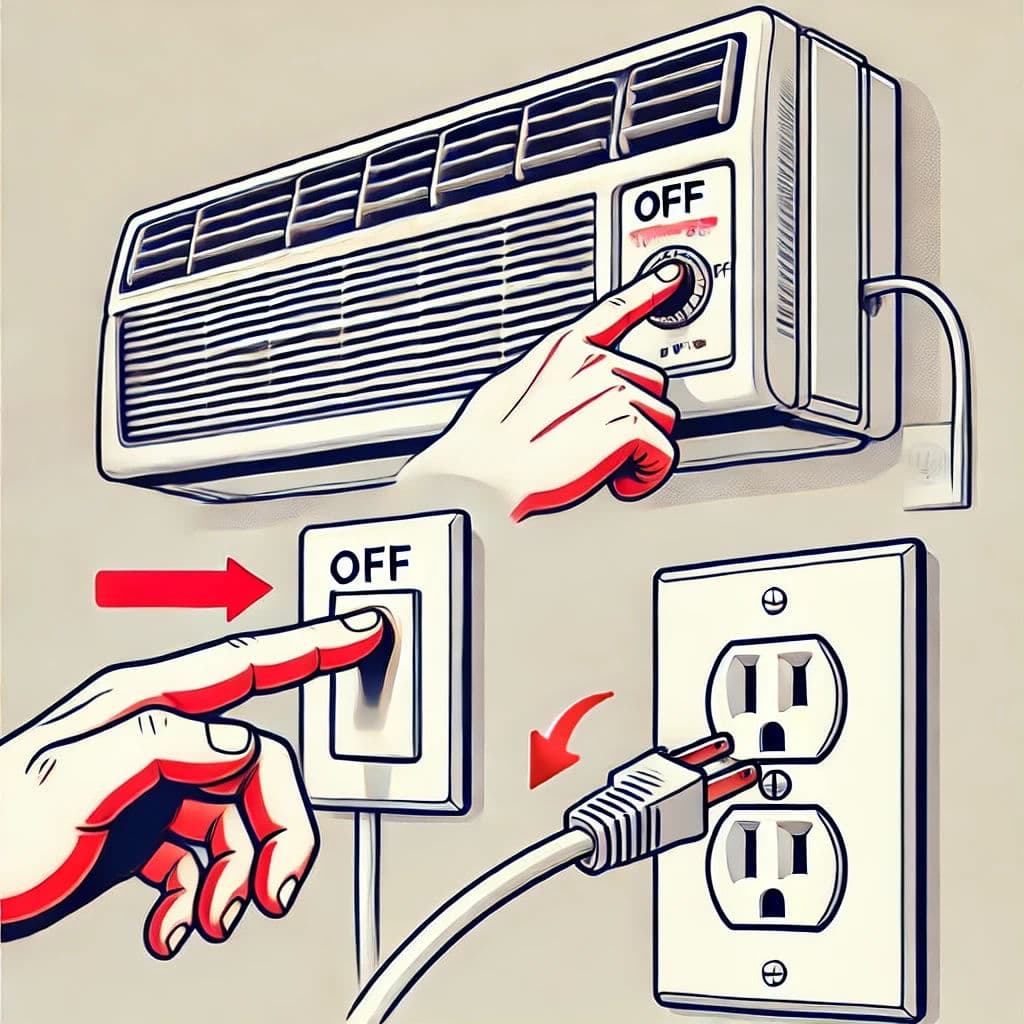
How to Reset Air Conditioner 🛠️ A Complete Step-by-Step Guide
Reset your air conditioner with this step-by-step guide. Fix common AC issues, improve efficiency, and know when to call professionals.
Read Article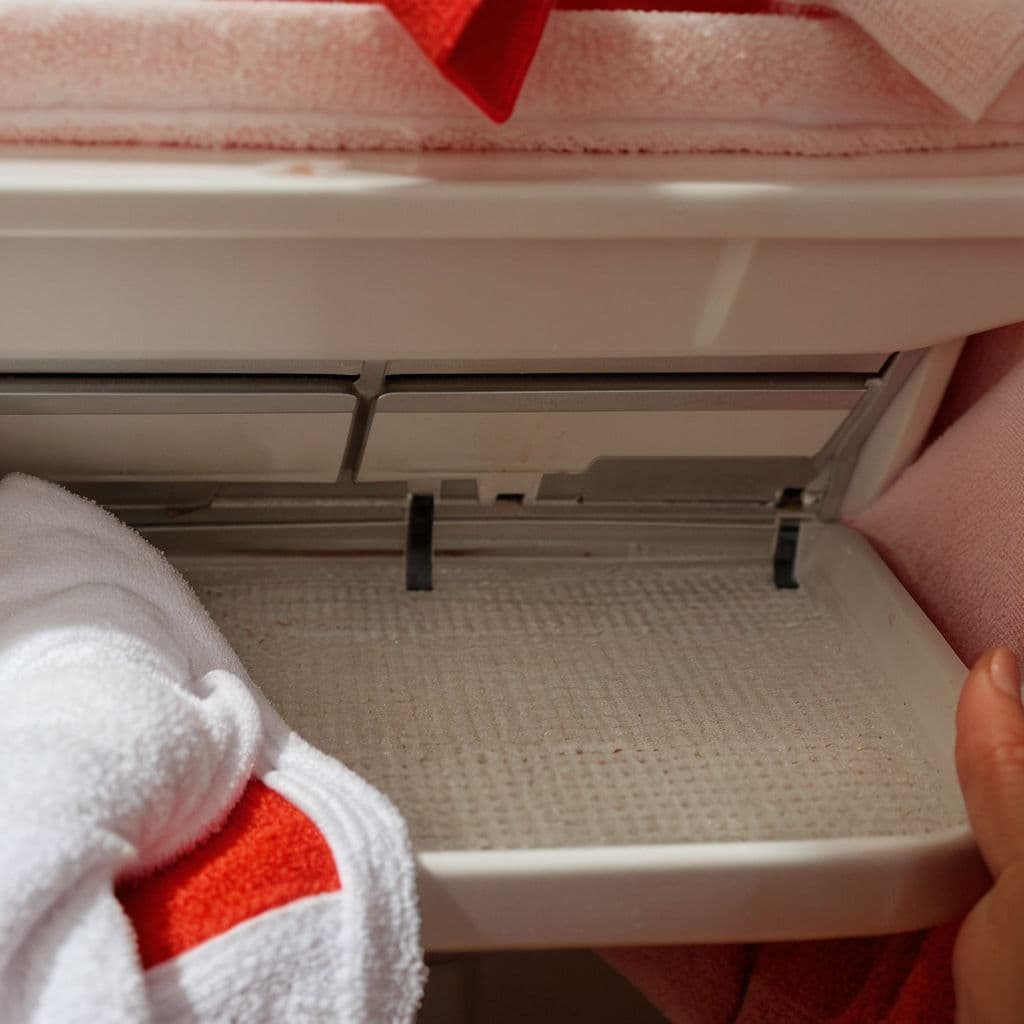
How to Properly Dry Your Window Air Conditioner
Discover expert techniques to dry your window air conditioner effectively. Learn key steps to prevent mold, rust, and odors, ensuring optimal performance.
Read Article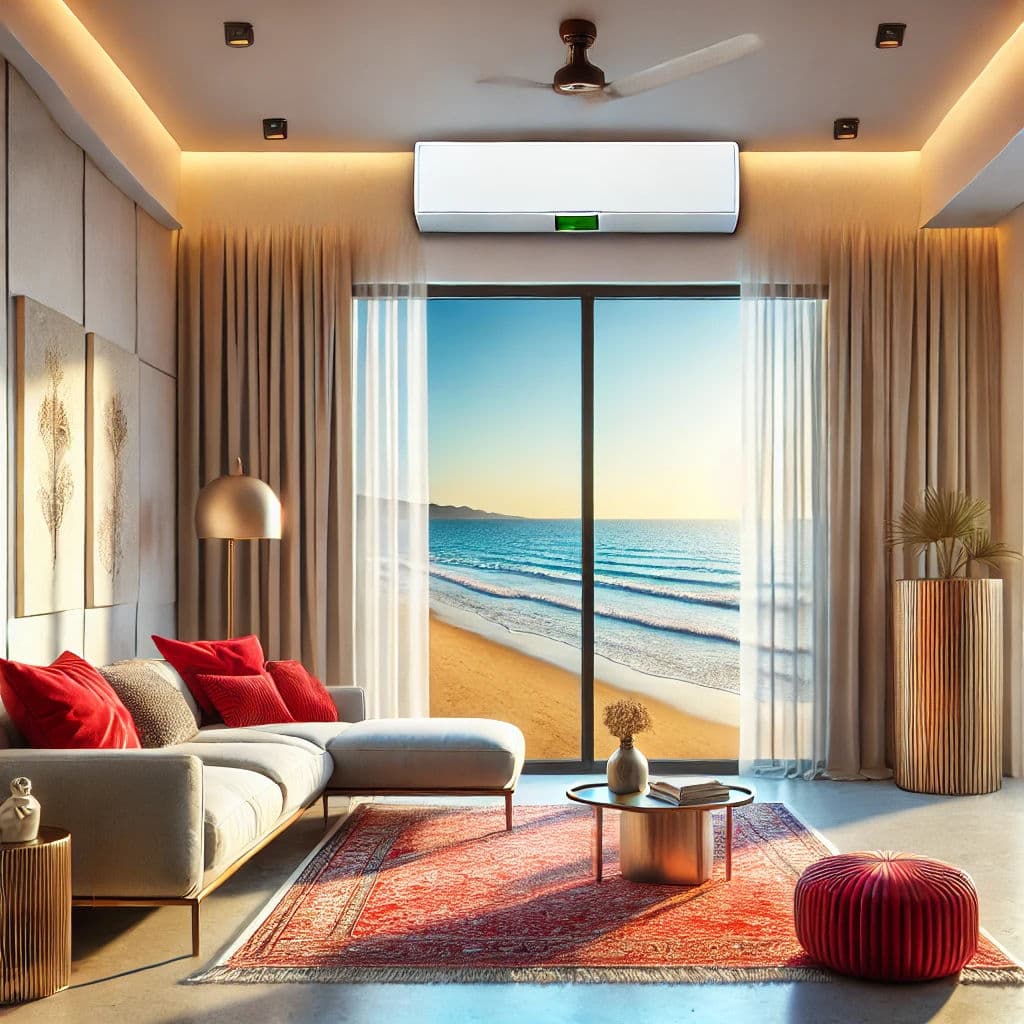
Salt Air AC Solutions for Hawaii Homes & Businesses 🏝️
Salt air can damage AC units in Hawaii. Discover how to protect your cooling system, prevent corrosion, and ensure efficiency with Air Masters' maintenance tips.
Read Article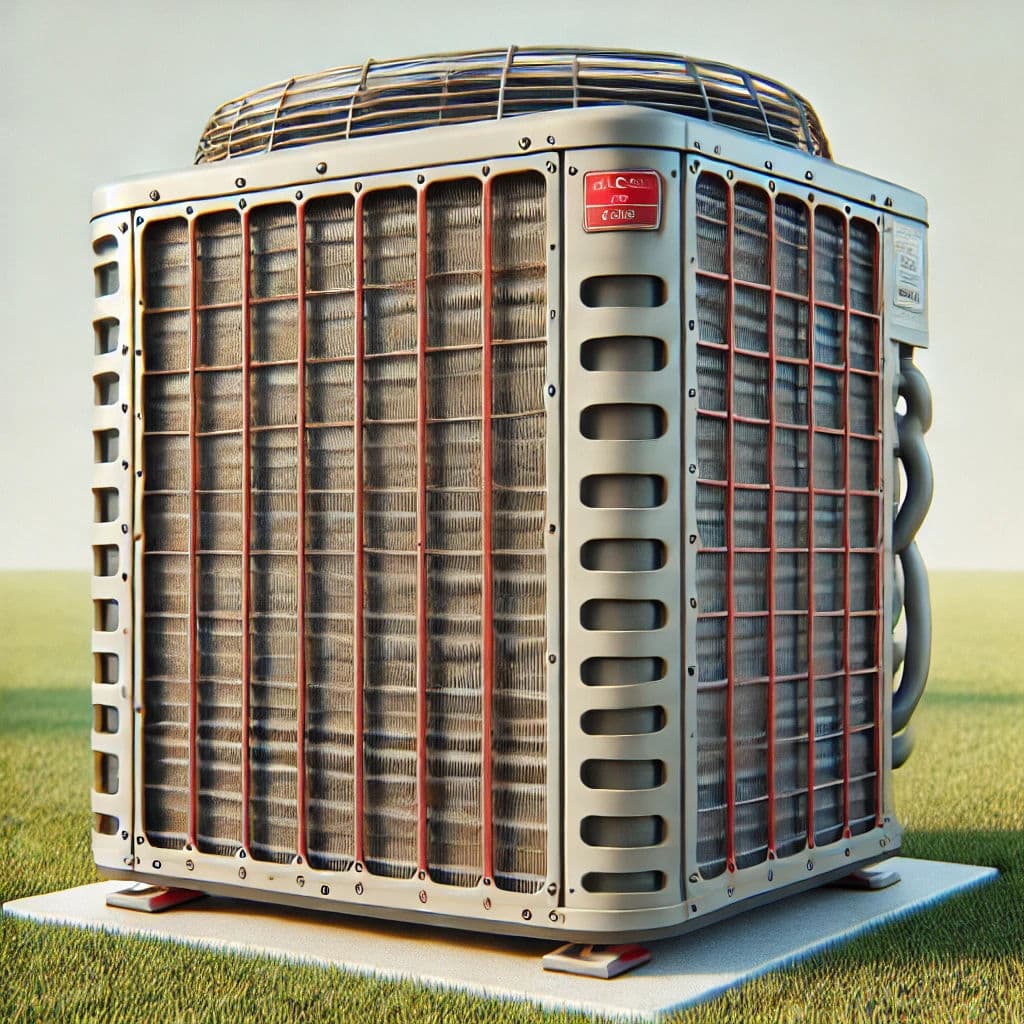
What is an Air Conditioner Condenser and Common Issues
Discover the function, importance, and common issues of AC condensers. Keep your home cool with expert maintenance tips. Dive into our detailed guide.
Read Article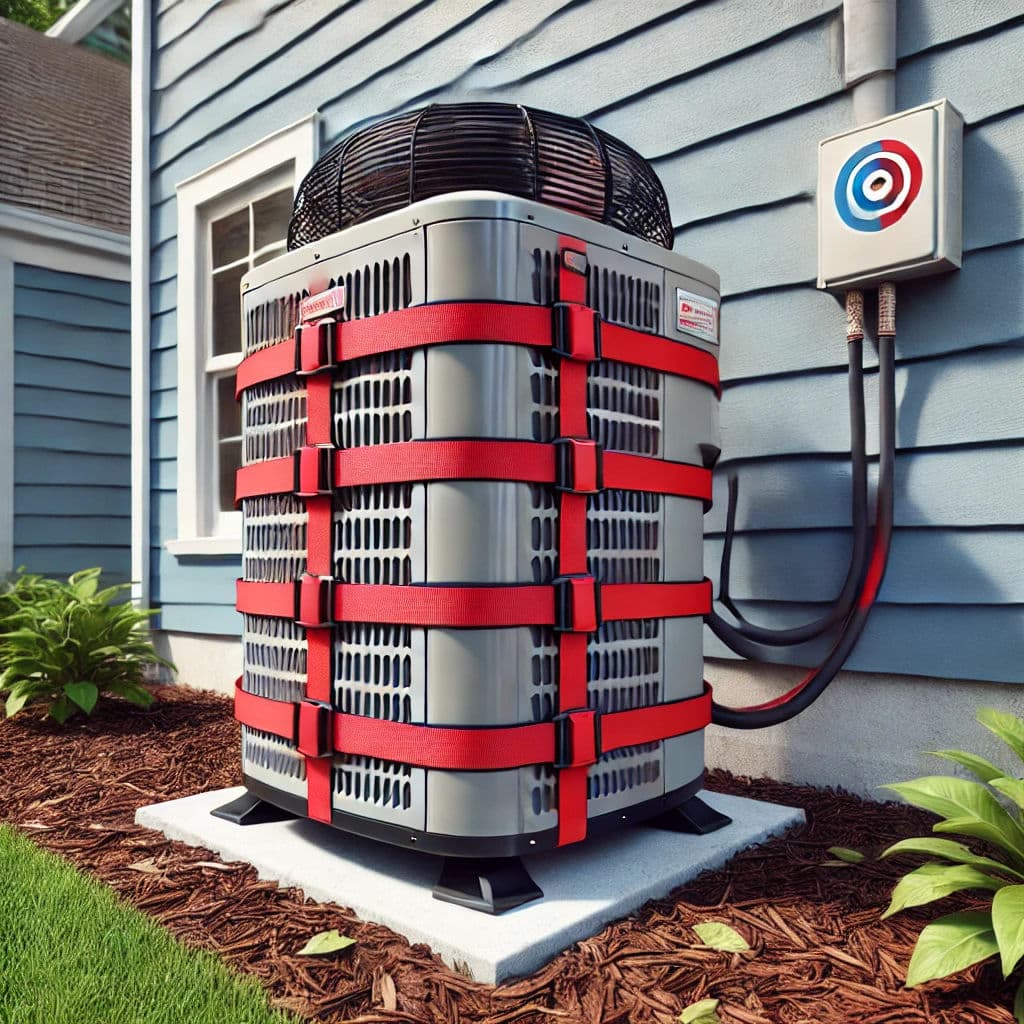
How To Protect Ac Unit From Hurricane In Hawaii
Learn expert strategies for protecting your AC unit from hurricane damage in Hawaii. Keep your unit secure and extend its life with these practical tips.
Read Article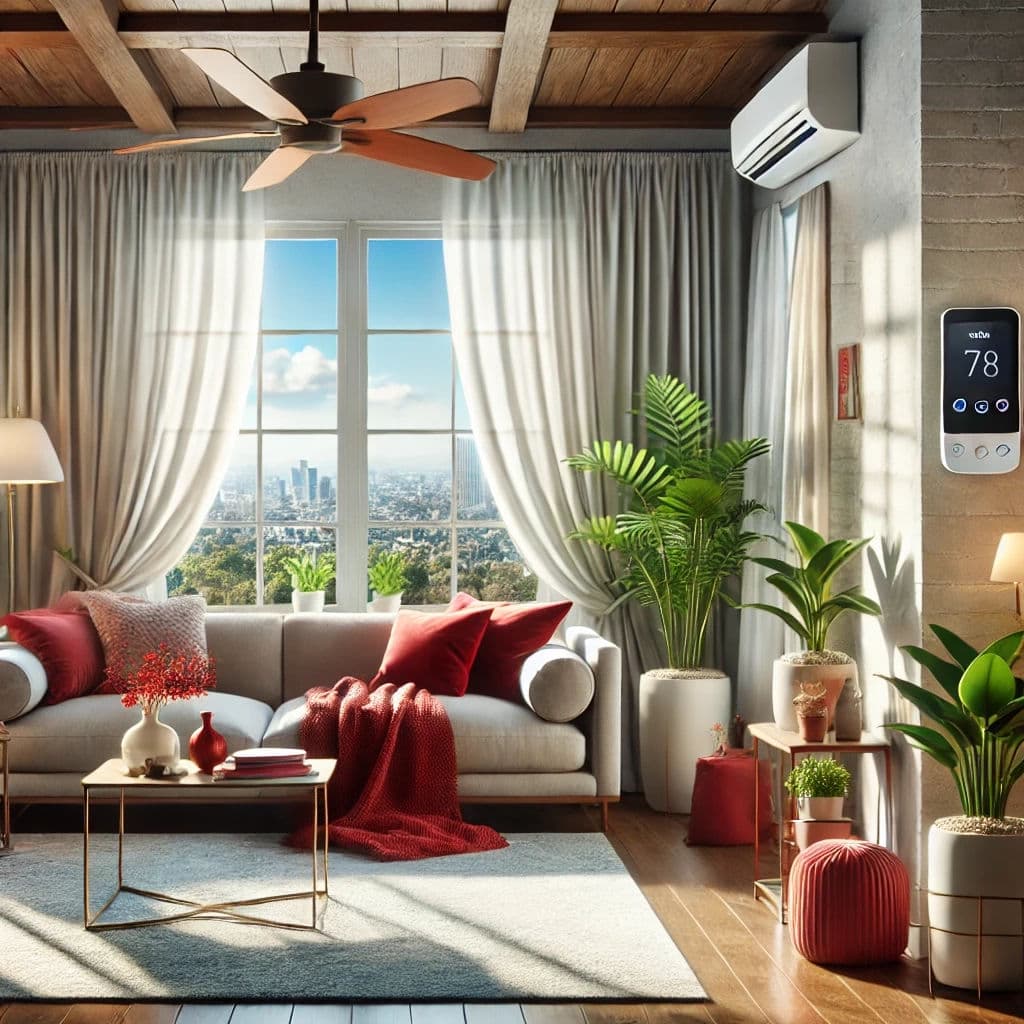
How to Reduce Your AC Bill in Hawaii
Learn practical strategies to lower your AC bill while staying cool in Hawaii's tropical climate. Explore tips on insulation, thermostat settings, and more.
Read Article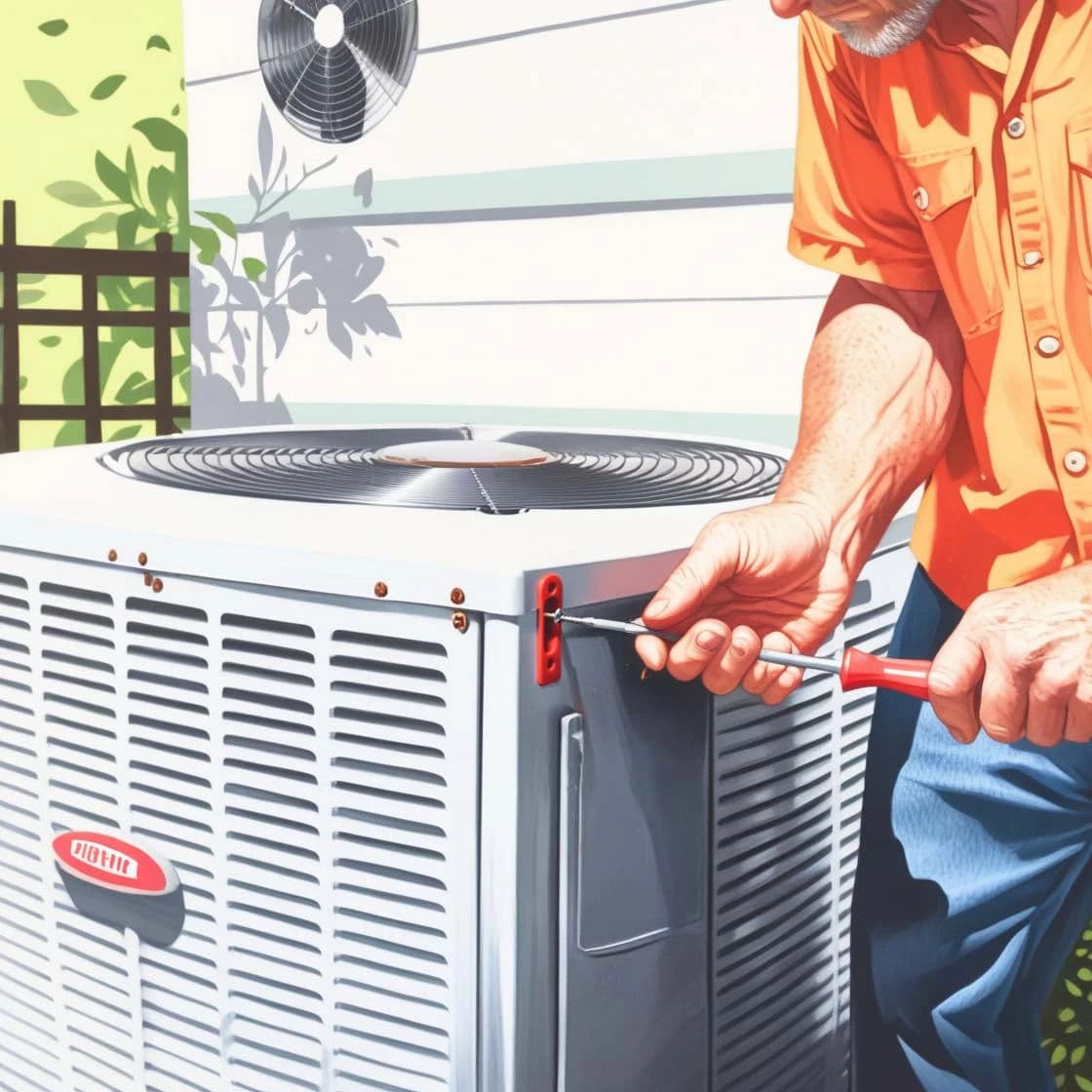
AC Fan Problems: Common Causes and Solutions
Discover why your AC fan may not be working and learn solutions for common issues. Stay cool with expert tips.
Read Article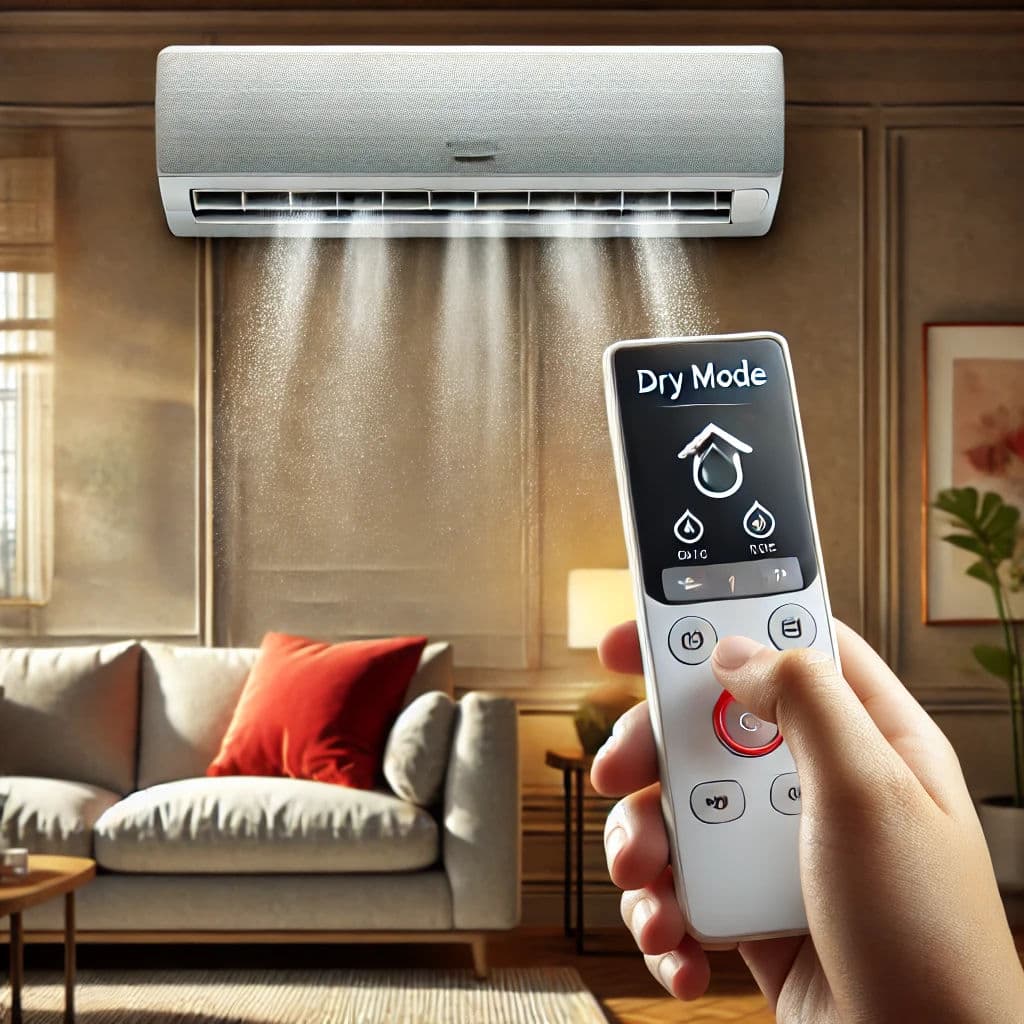
Dry Mode on AC 🤔 What It Is & When to Use It
Learn about AC's dry mode feature, its advantages, and how to use it to manage humidity. Improve comfort without drastically cooling your home.
Read Article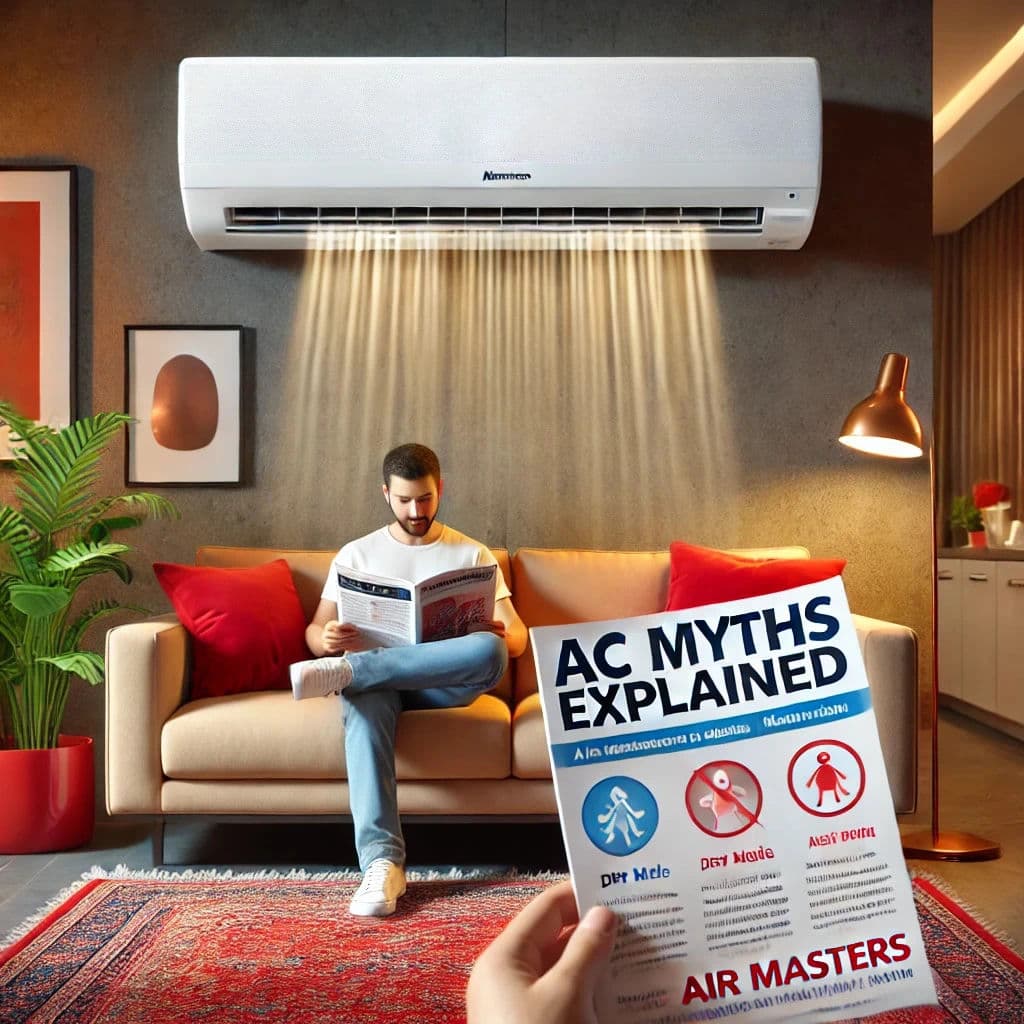
AC Myths Explained 🧐 Get the Facts from Air Masters Hawaii
Discover the truths behind common AC myths in Hawaii. Air Masters sets the record straight, offering tips for better cooling and energy efficiency.
Read Article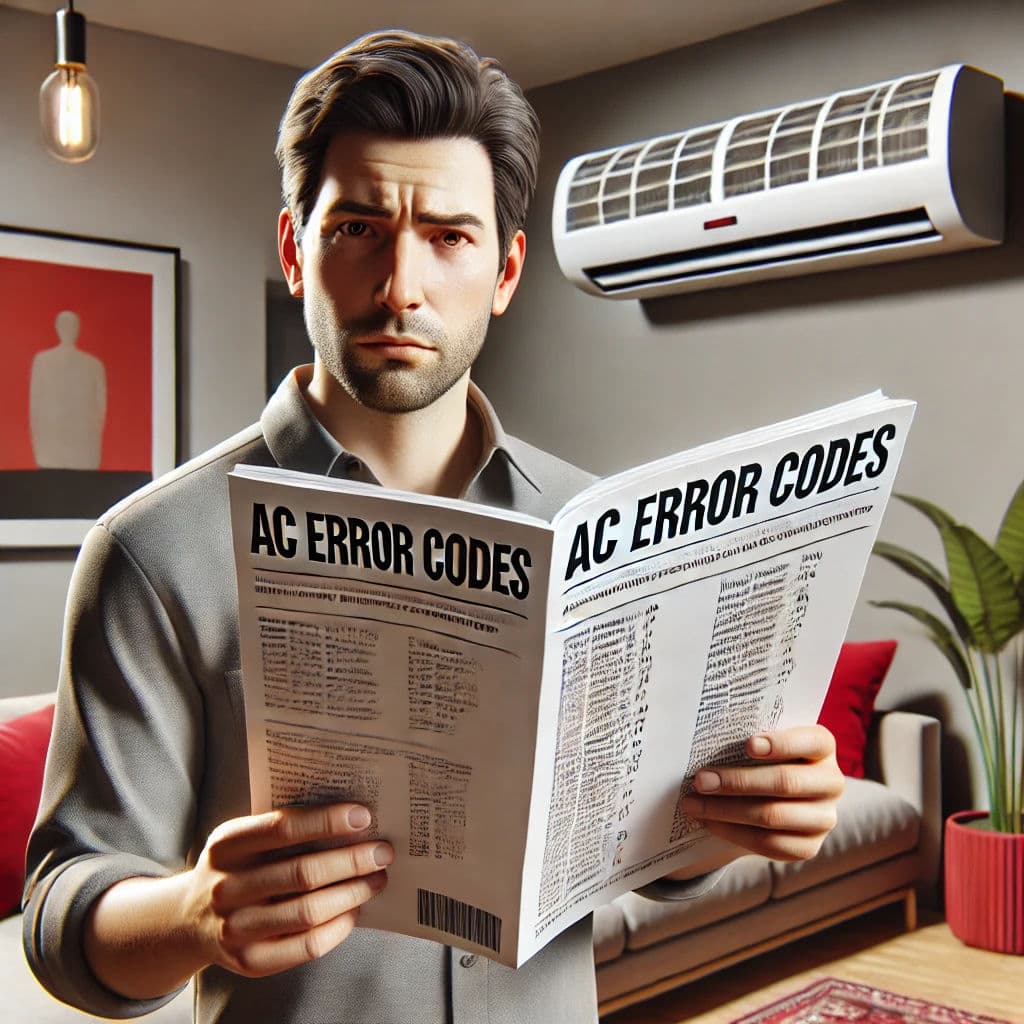
AC Error Codes 📋 A Simple Guide to Common Issues & Fixes
Living in Hawaii, decode AC error codes like "E1" or "F2" with our guide. Understand your AC's signals and fix common issues promptly to stay cool.
Read Article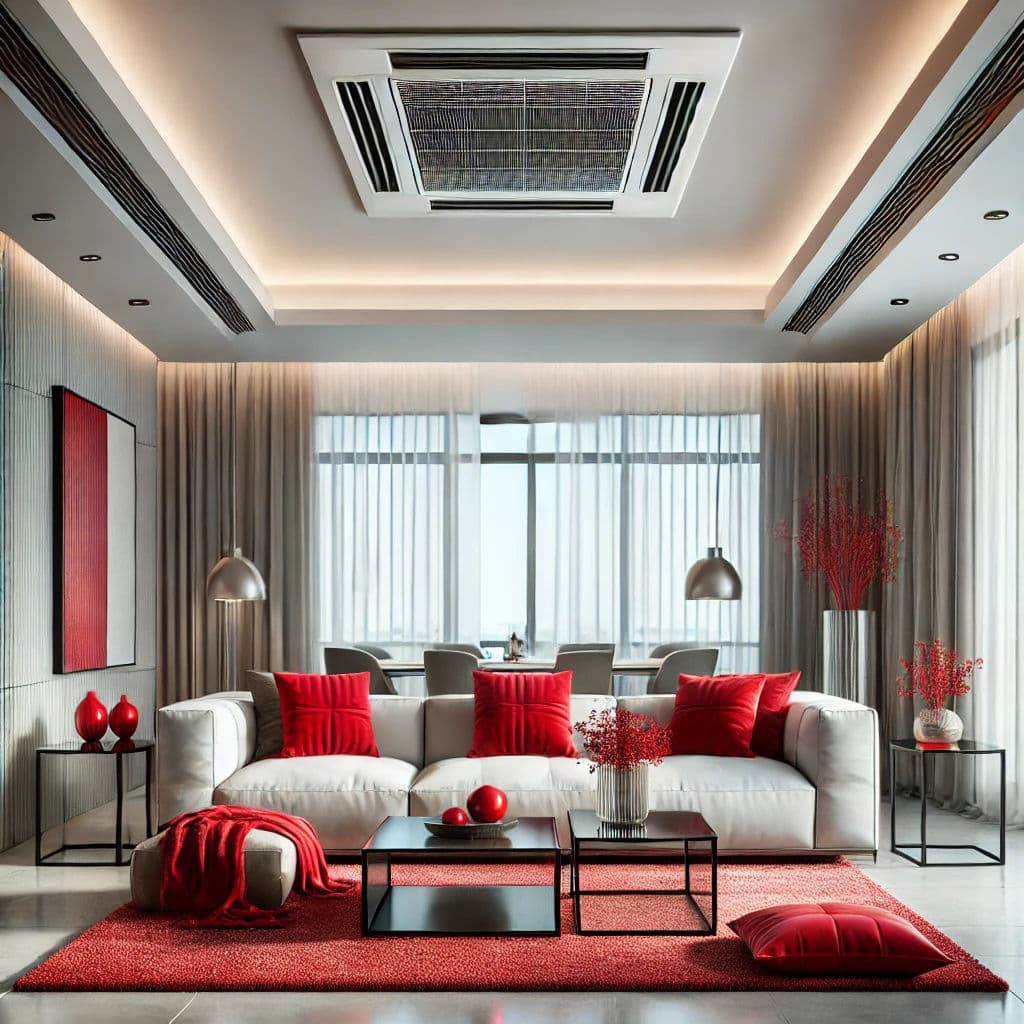
Best Guide on Where to Install AC Ceiling Vent for Maximum Airflow
Install AC ceiling vents strategically to ensure even airflow, maximize energy use, and boost cooling efficiency. Discover expert, practical placement tips!
Read Article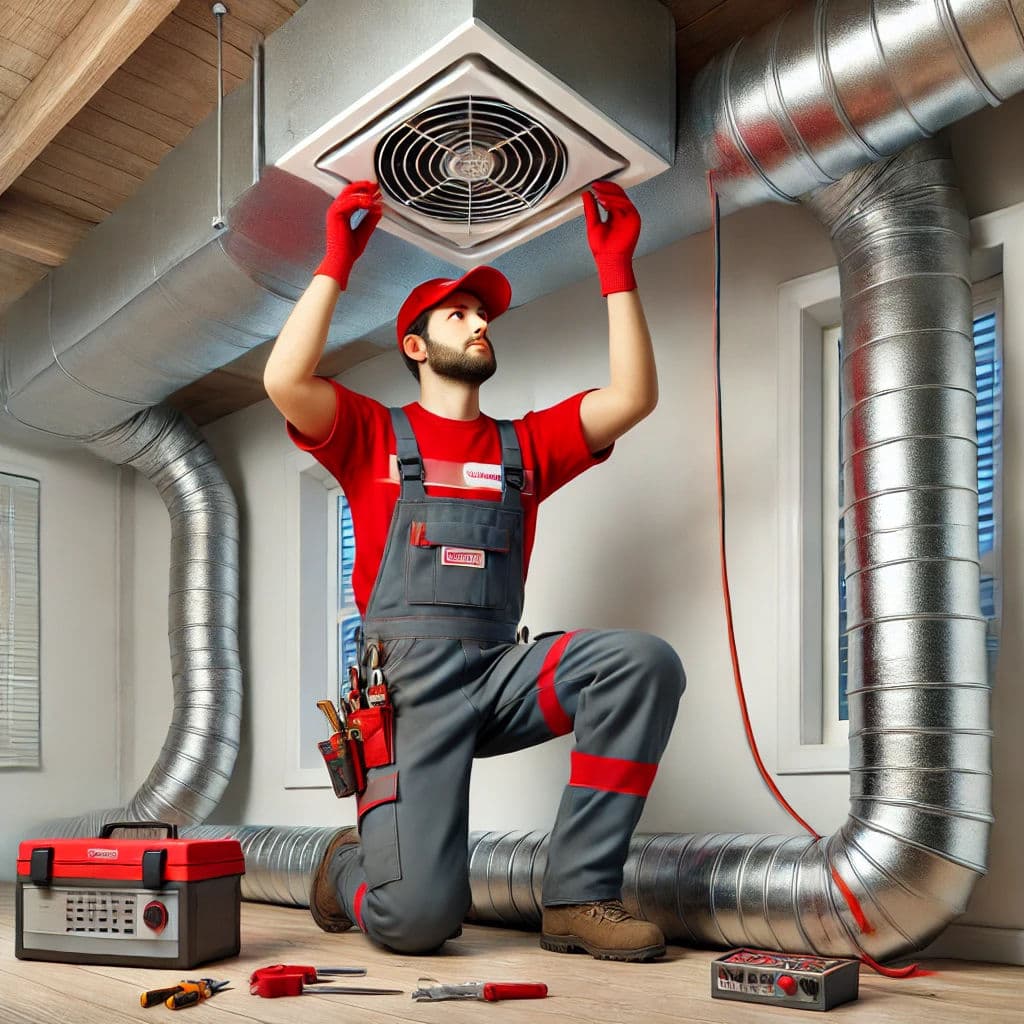
Your Complete Guide to Air Conditioning Ductwork Repair
Learn about common AC ductwork issues, DIY repair tips, and professional solutions. Ensure efficient cooling with this comprehensive guide.
Read Article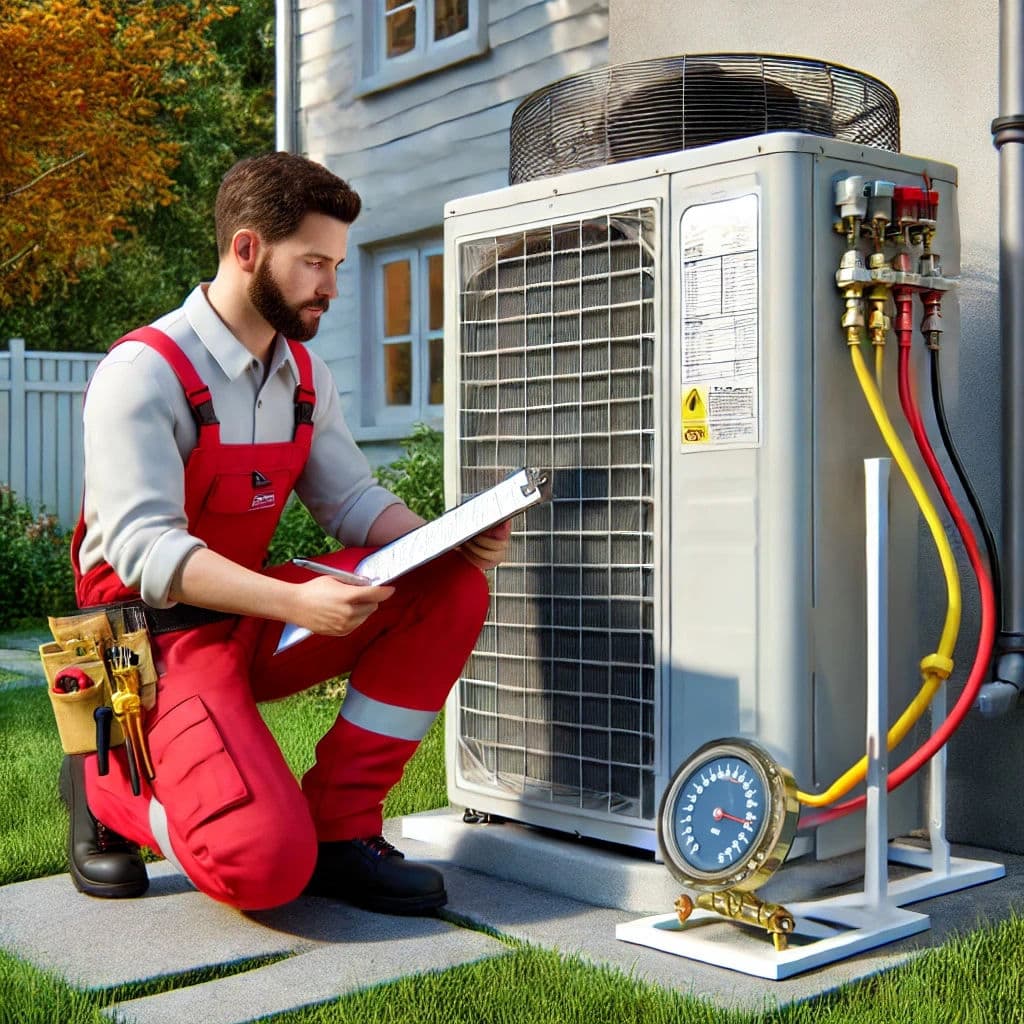
Common AC Problems in Hawaii & How to Fix Them
Learn about common AC issues in Hawaii and how to fix them for optimal performance and efficiency.
Read Article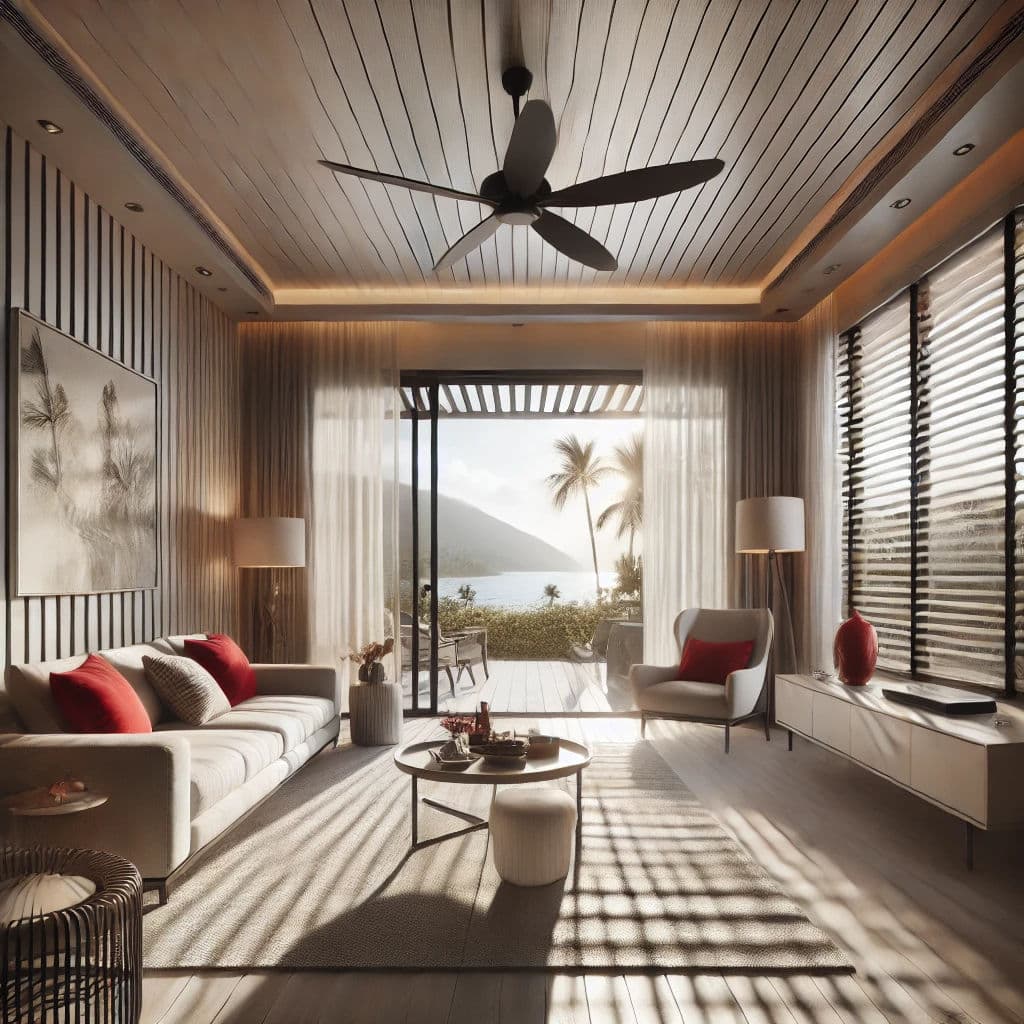
6 Tips to Keep Your Home Cool Naturally in Hawaii
Explore natural ways to keep your Hawaii home cool without AC. Learn tips for maximizing ventilation, using fans effectively, and blocking heat entry.
Read Article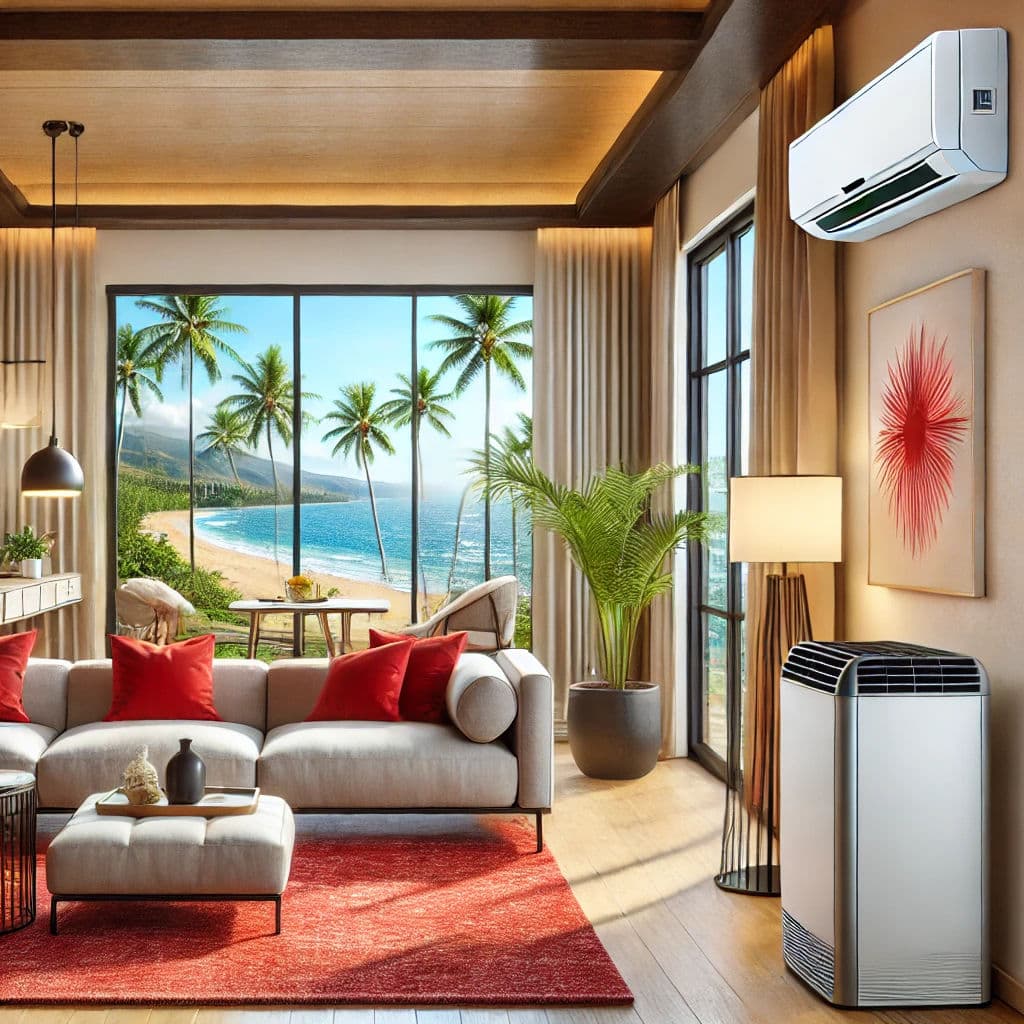
8 Reasons Why You Need AC in Hawaii
Explore why air conditioning is crucial in Hawaii. Ensure comfort, improve air quality, and protect your home and belongings with AC systems.
Read Article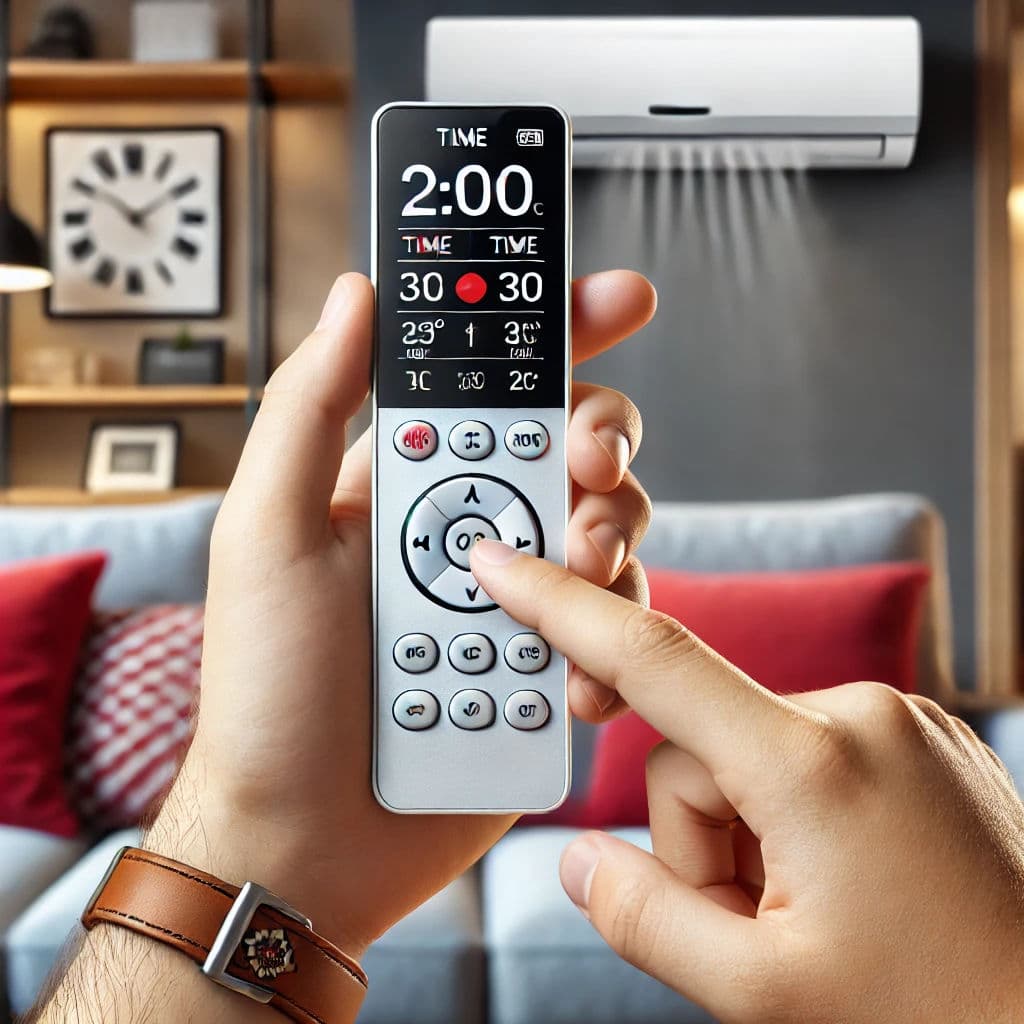
How Long Should Your AC Run in a Day? A Guide for Hawaii Homeowners
Discover the ideal air conditioner runtime for Hawaiian homes. Improve comfort, efficiency, and lifespan of your AC with practical tips.
Read Article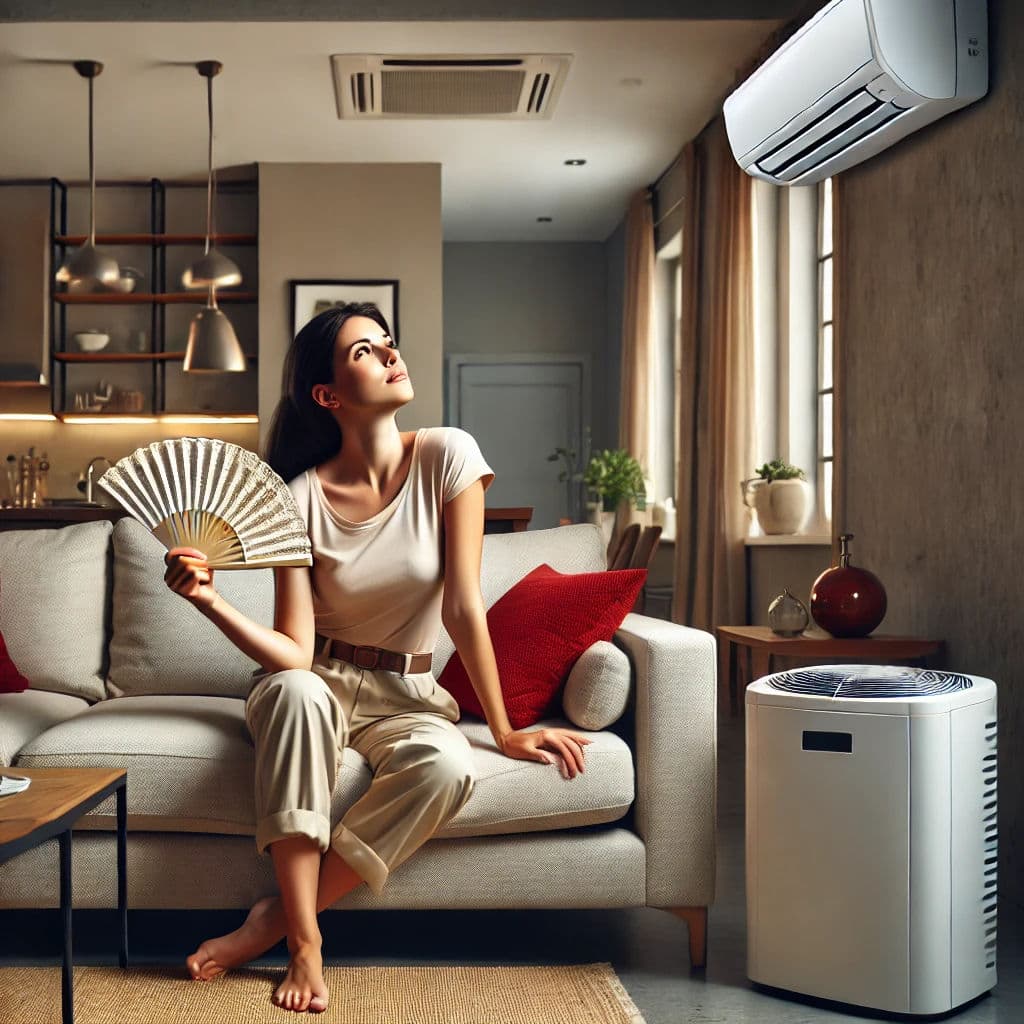
Common Causes of Weak AC Airflow and The Solutions
If your AC isn't delivering strong air, several issues might be at play. Learn the causes of weak AC airflow and solutions to restore functionality.
Read Article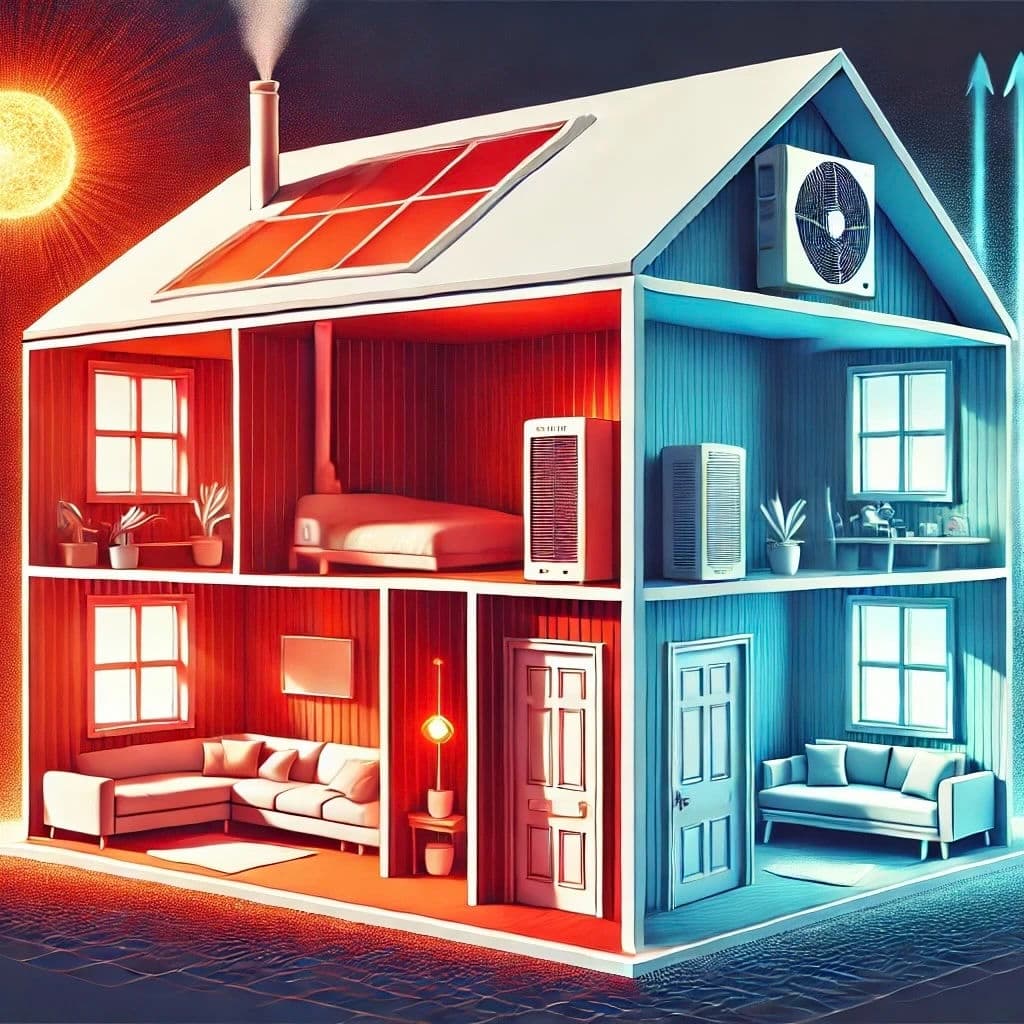
The Reasons Why One of Your Rooms is Hotter Than The Others
Explore common reasons why one room is hotter than others, such as poor airflow and ductwork issues. Get solutions for balanced indoor cooling.
Read Article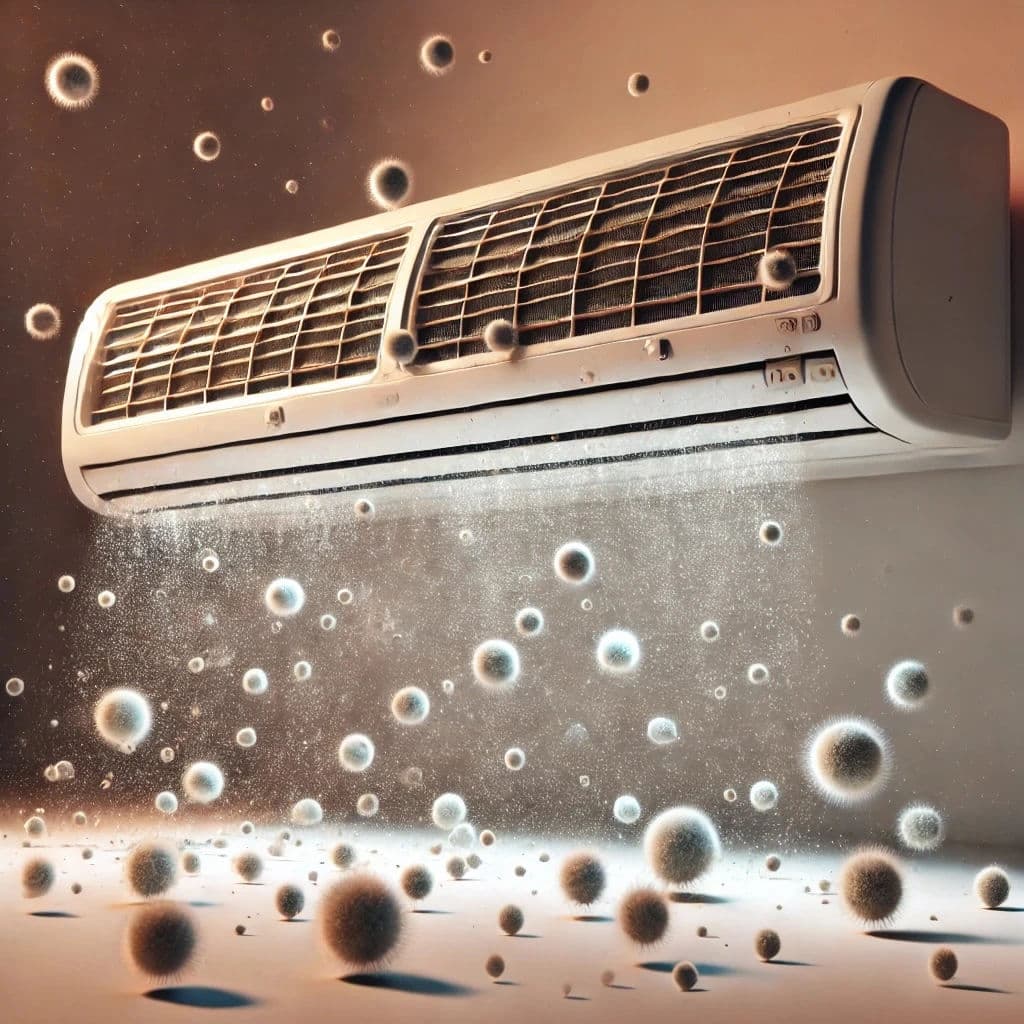
Is Mold in Your Air Conditioner Your Fault? Local Guide
Explore if mold in your AC is your fault. Understand causes, prevention tips, and actions to address mold growth, especially in humid areas like Hawaii.
Read Article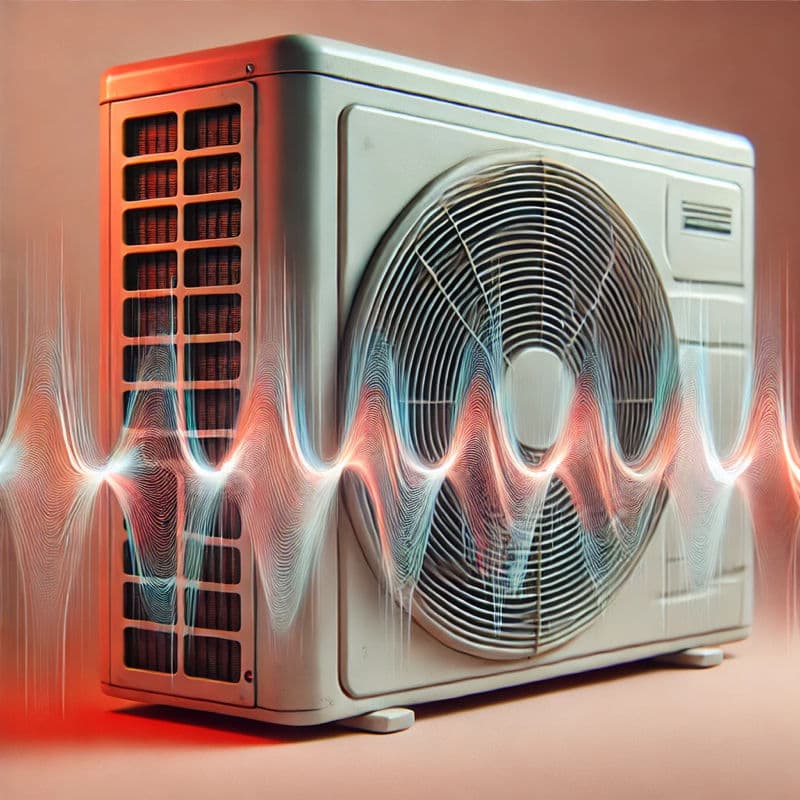
How to Stop AC Vibrating?
Find out why your AC is vibrating and how to stop it easily with our expert tips. Avoid costly repairs and enjoy quiet comfort.
Read Article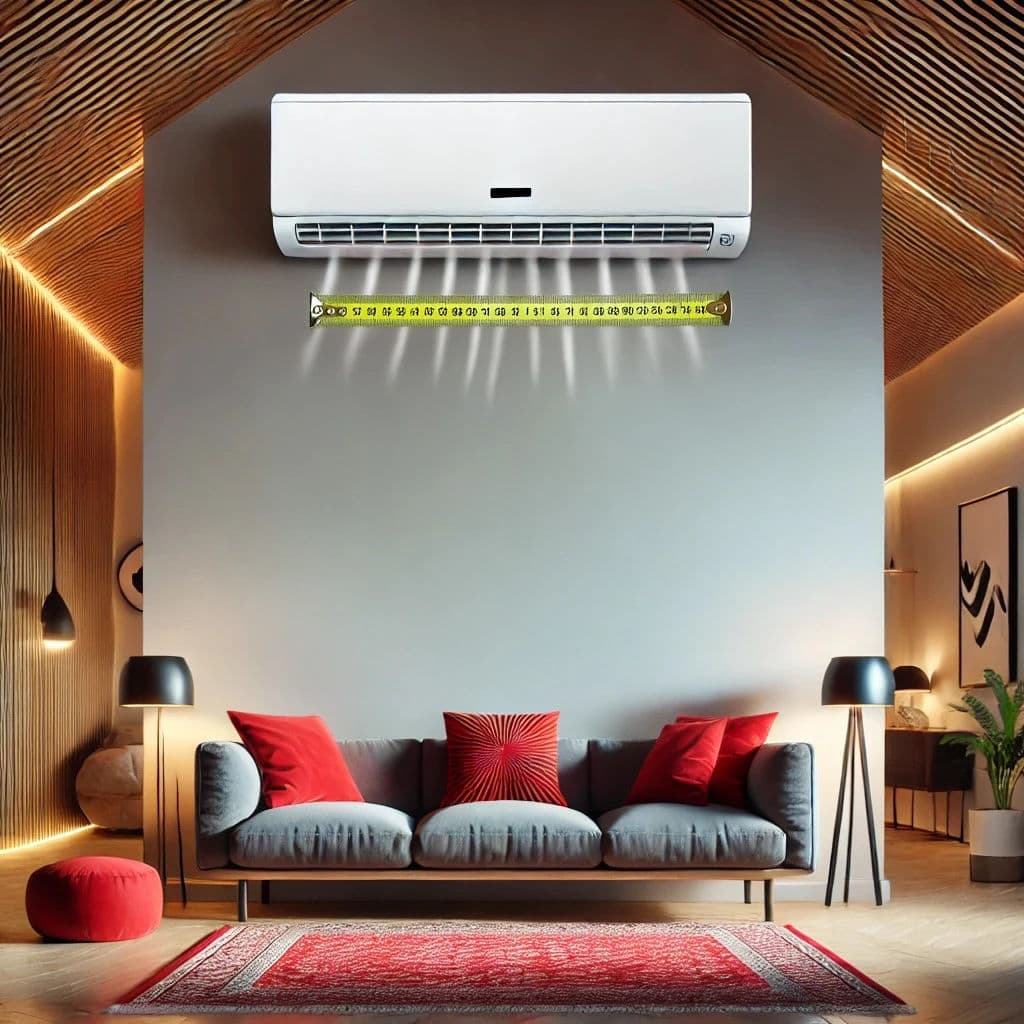
Do I Need A Bigger Home AC System?
Struggling to cool your home? Learn if you need a bigger AC system, signs your AC is undersized, and how to choose the right size for efficiency.
Read Article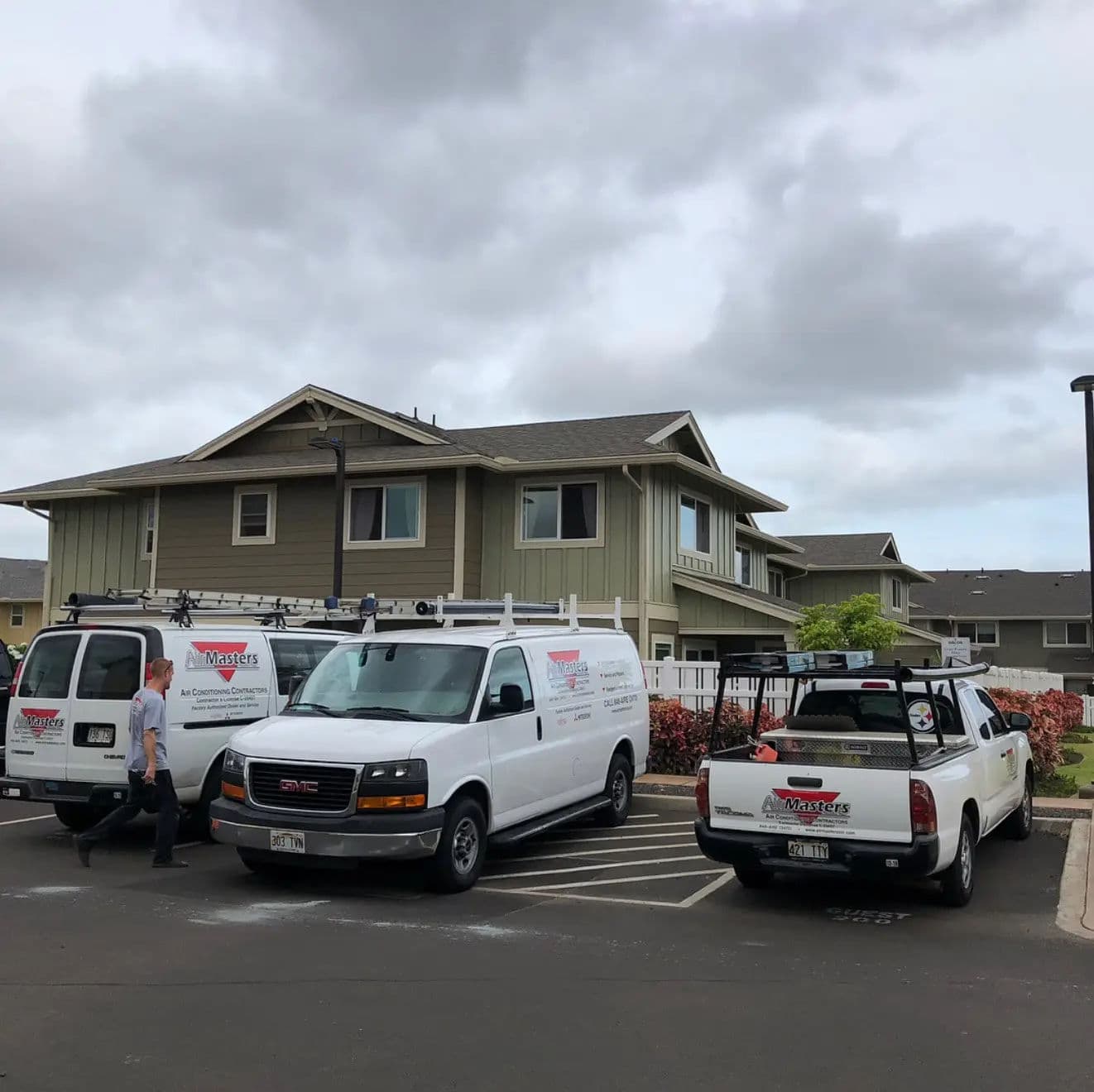
Best AC Service in Hawaii | Air Masters HVAC Experts
Explore Air Masters' comprehensive AC services in Hawaii, offering expert maintenance, repair, and installation for optimal year-round comfort.
Read Article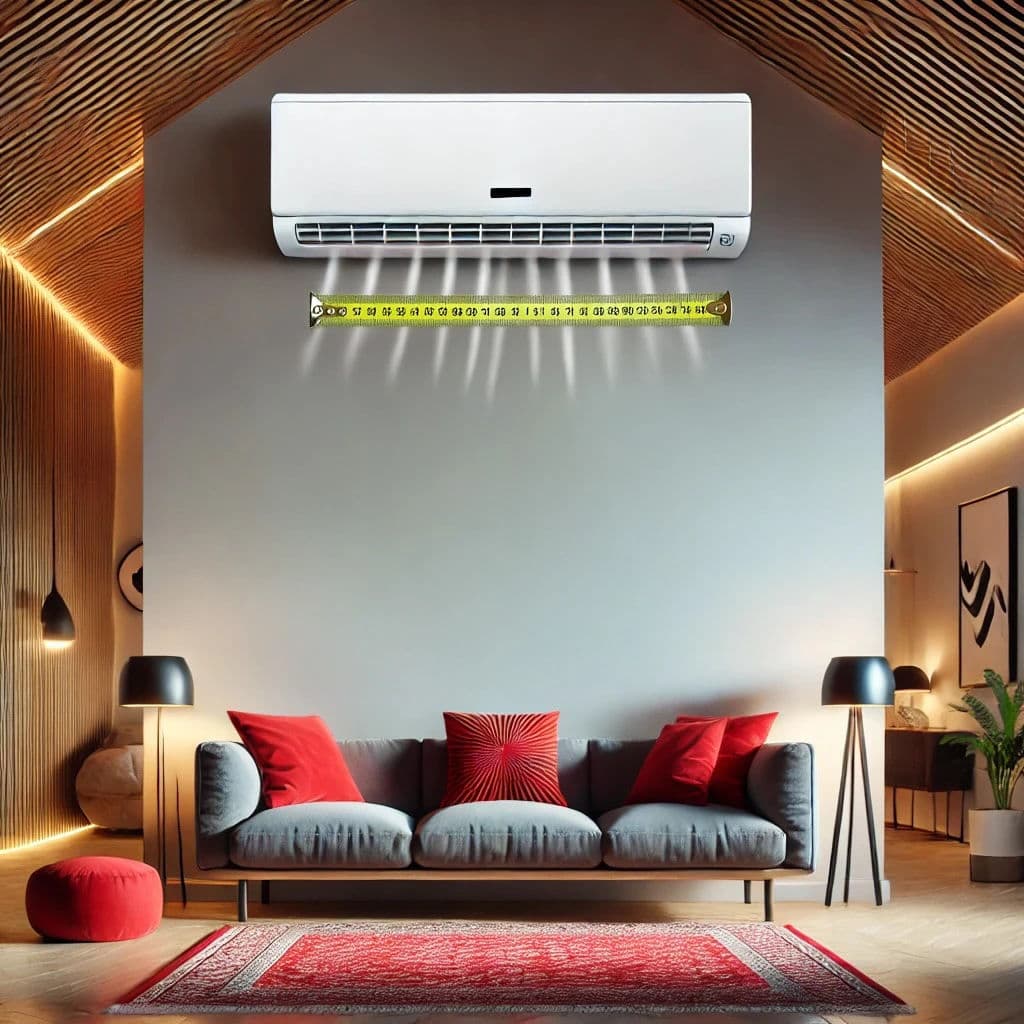
Do I Need A Bigger Home AC System?
Feeling warm even when your AC runs constantly? Your unit might be too small. Learn the signs of an undersized AC and how to choose the right size system.
Read Article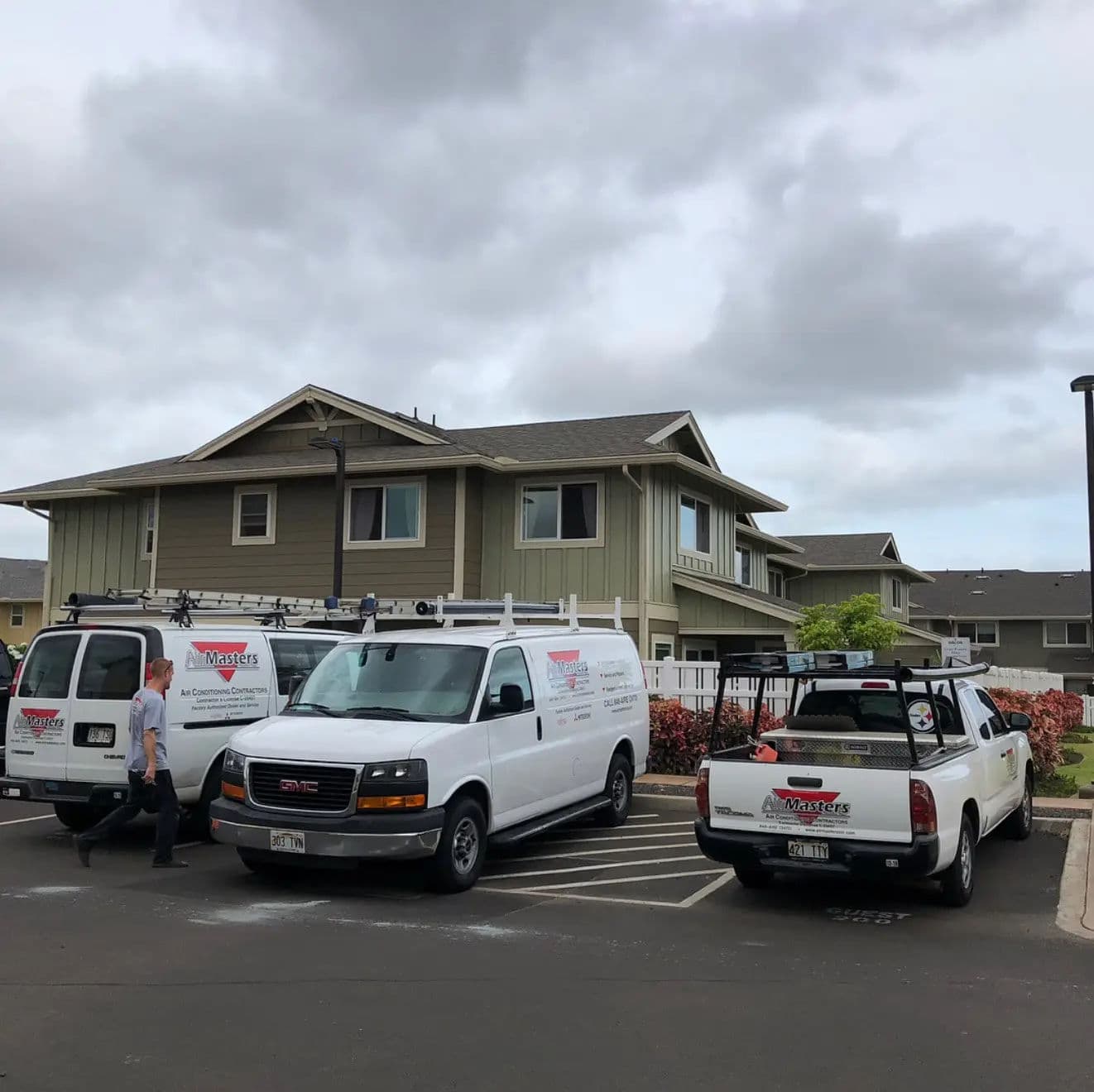
Best AC Service in Hawaii | Air Masters HVAC Experts
Explore why Air Masters is Hawaii's go-to AC service. With over 30 years of experience, they offer top-notch maintenance, repair, and installation tailored for Hawaii's climate.
Read Article